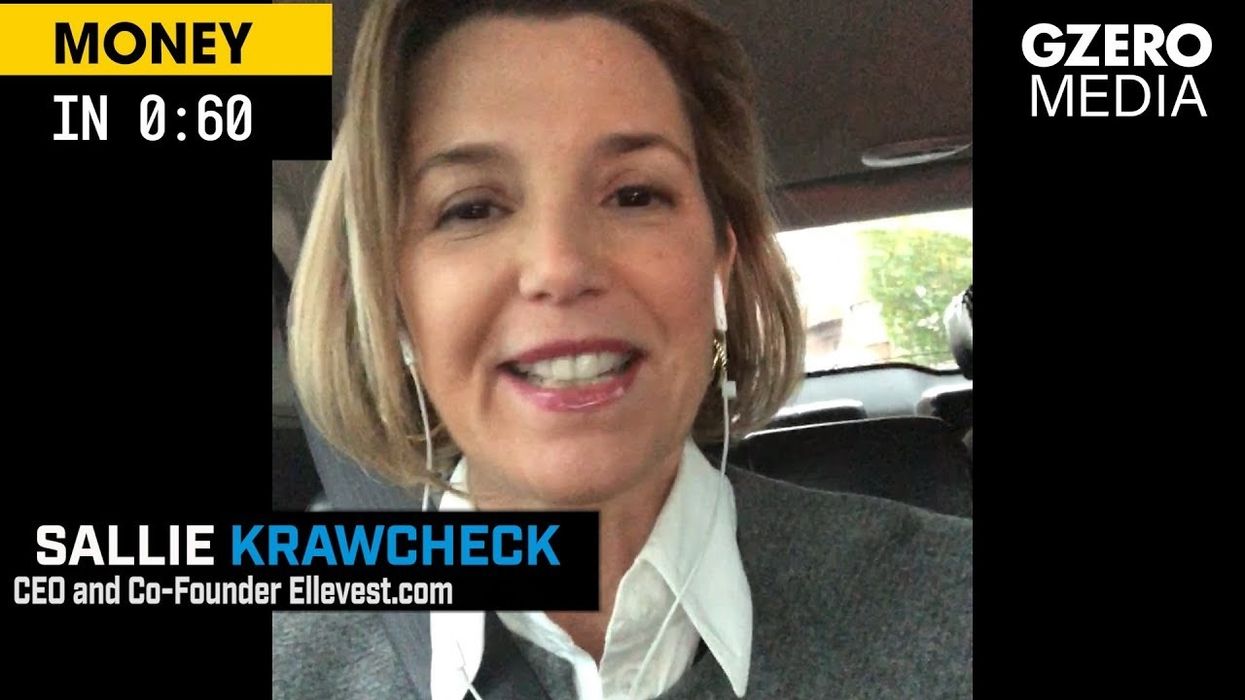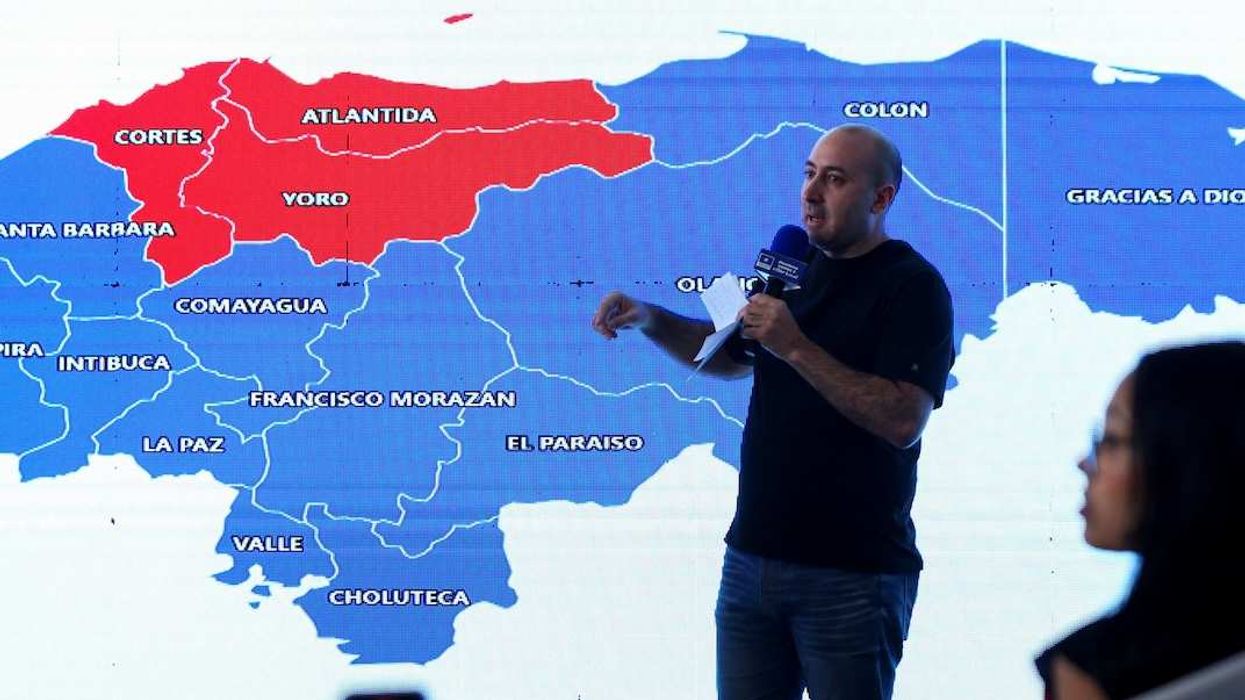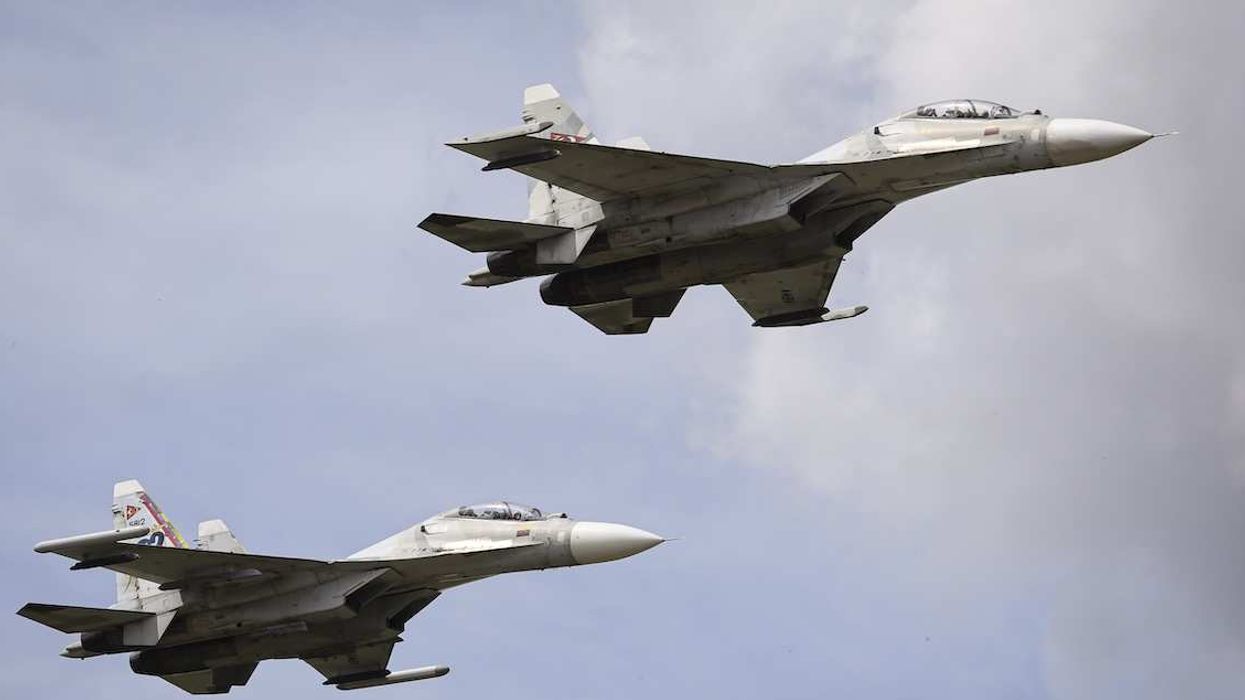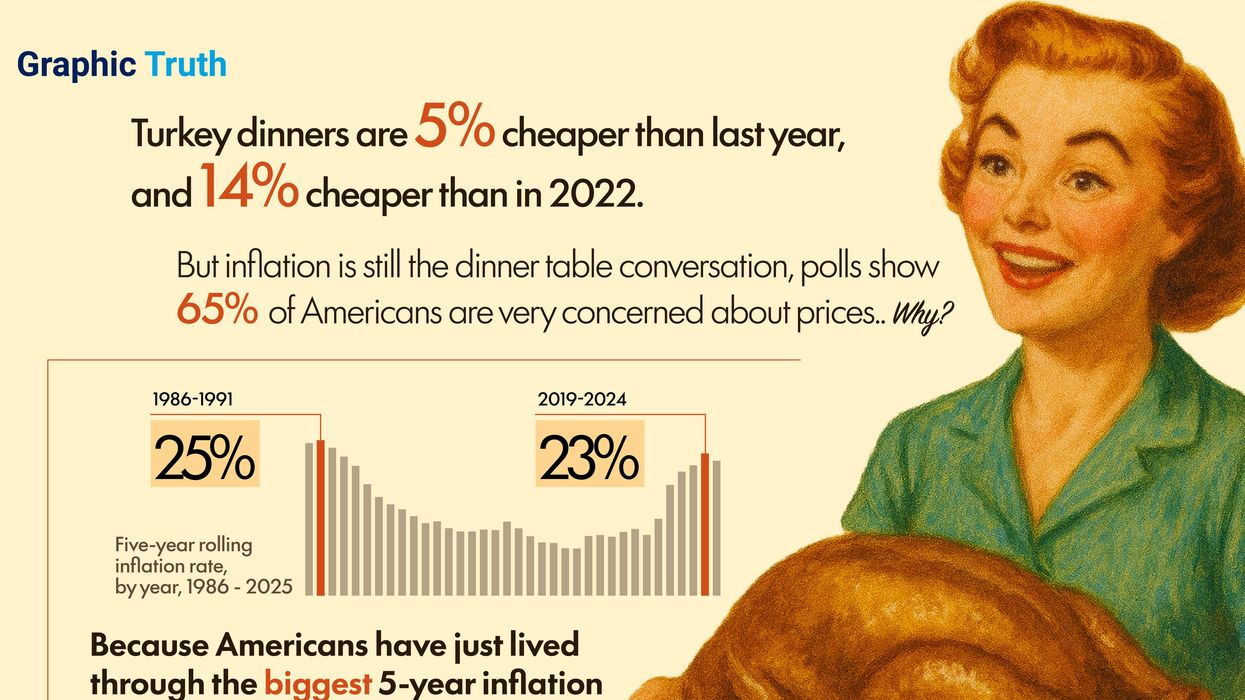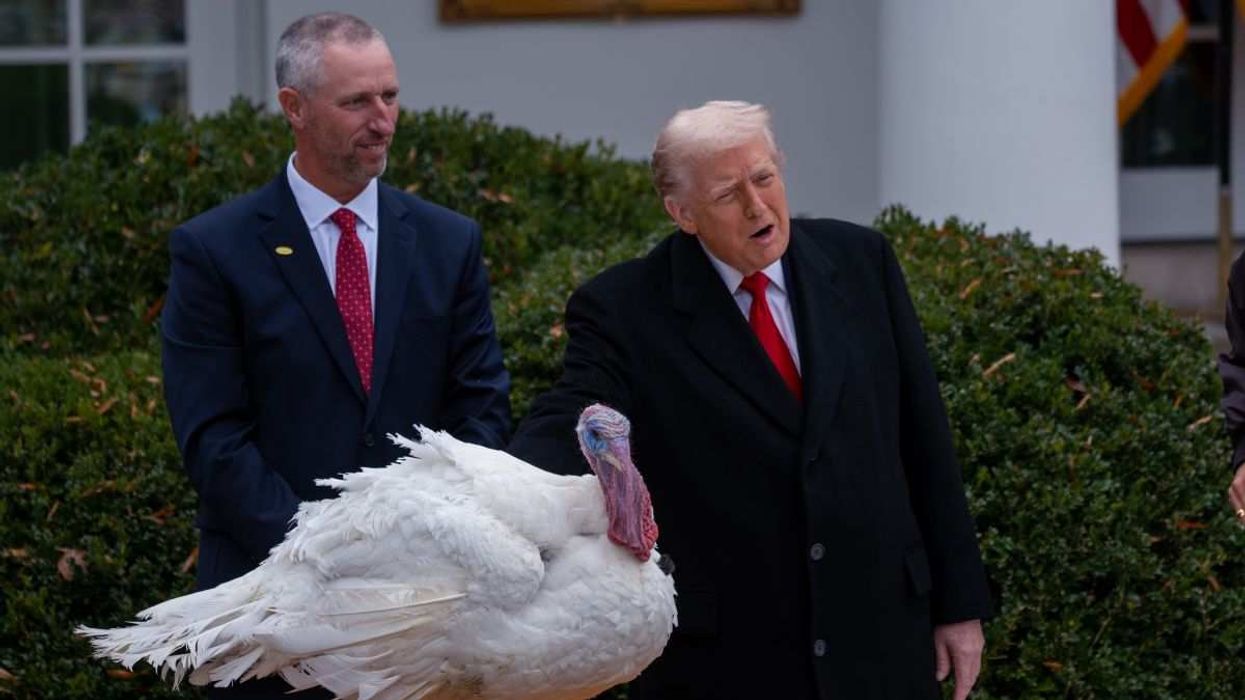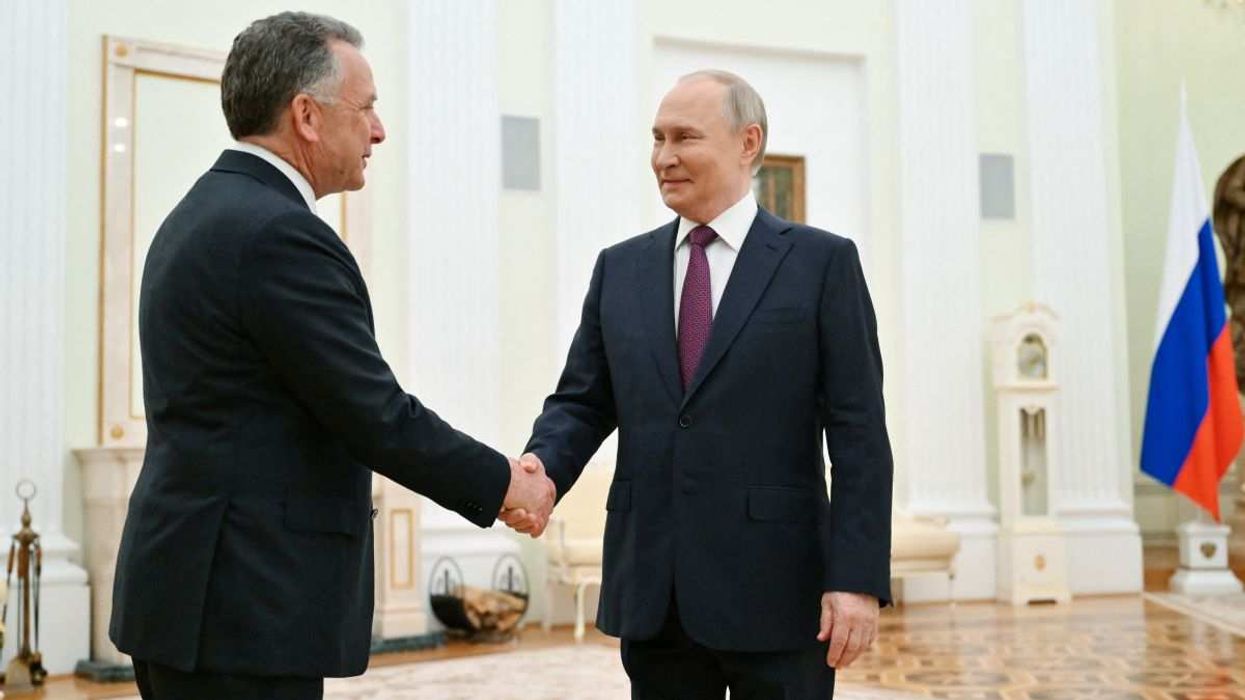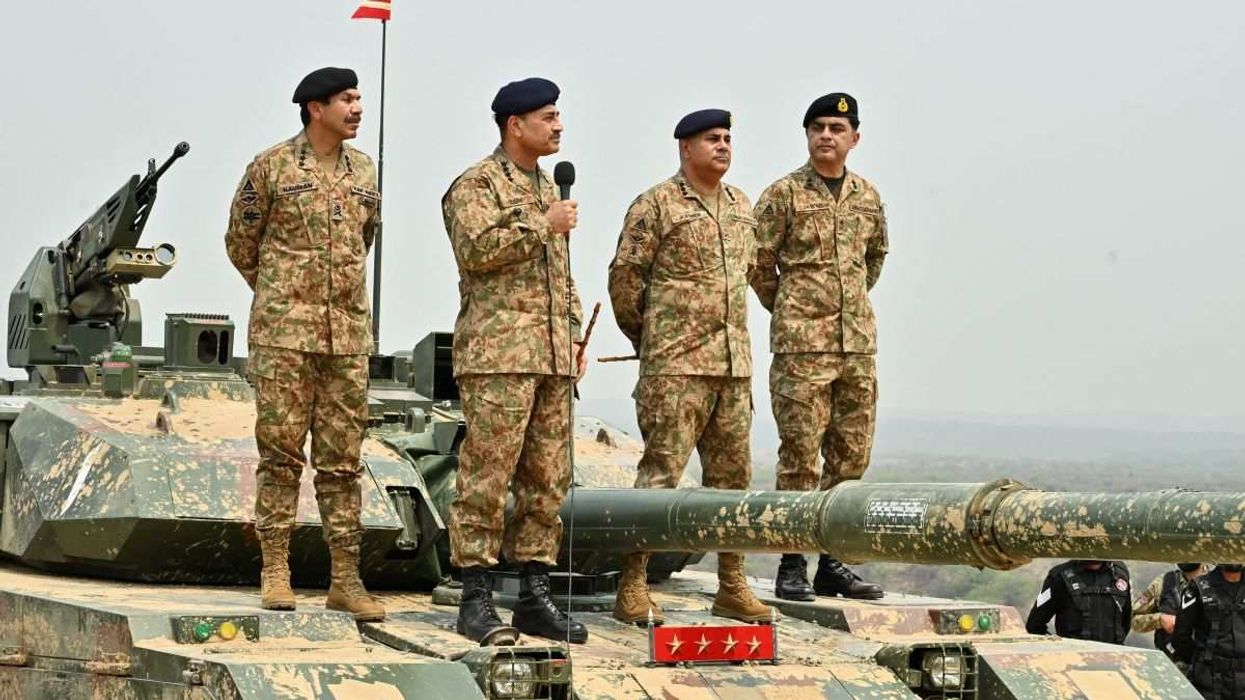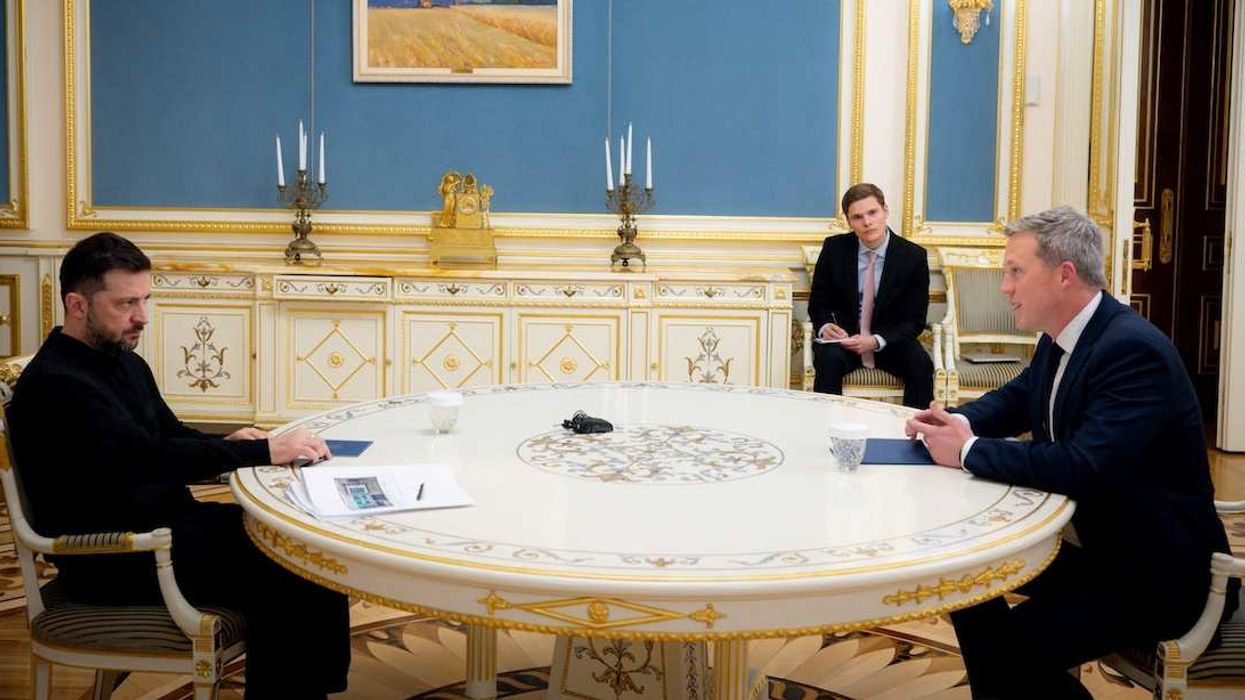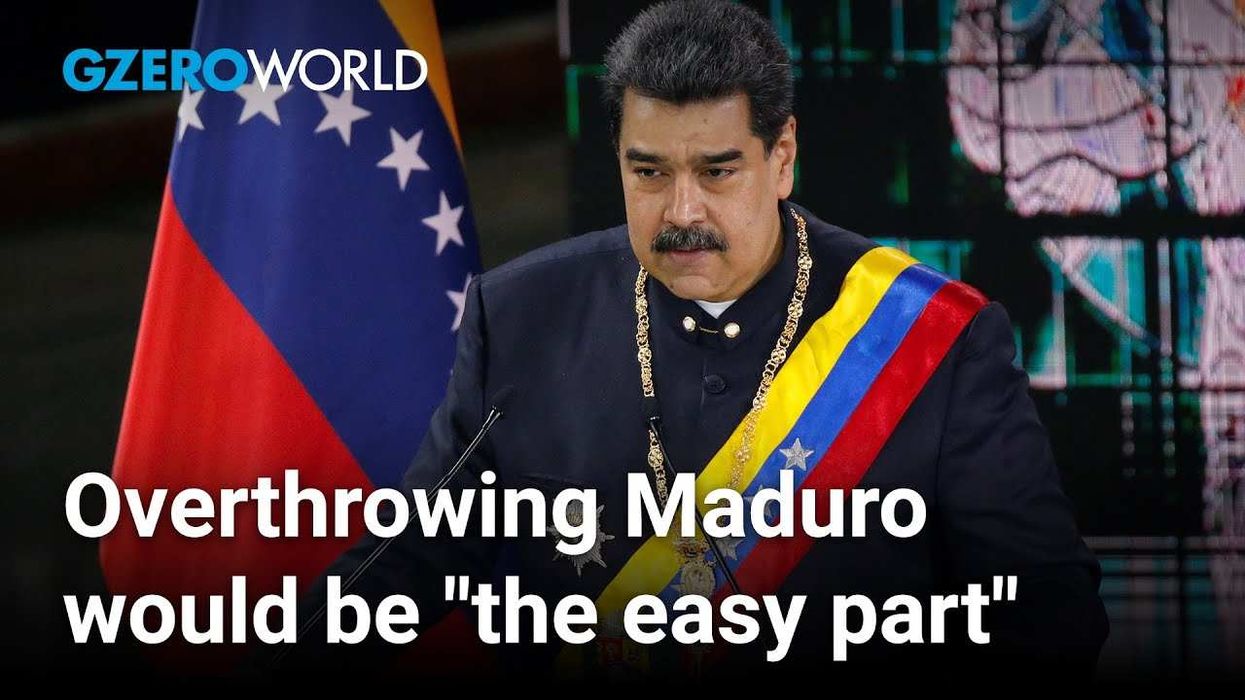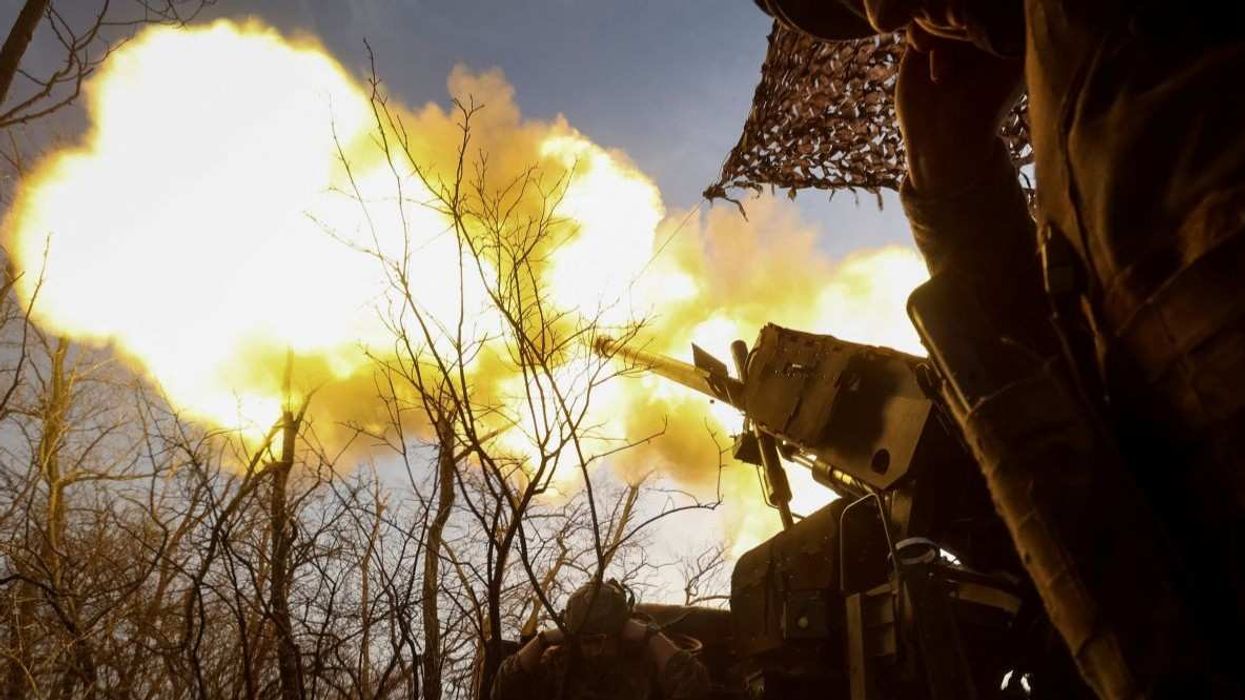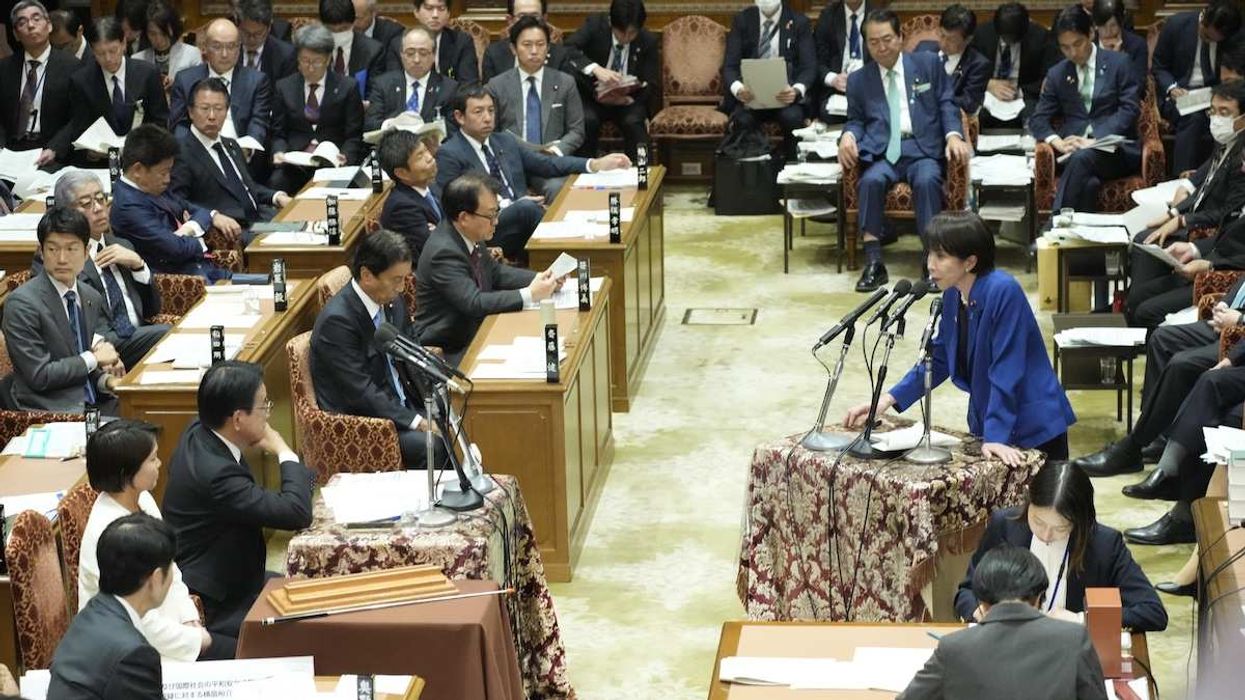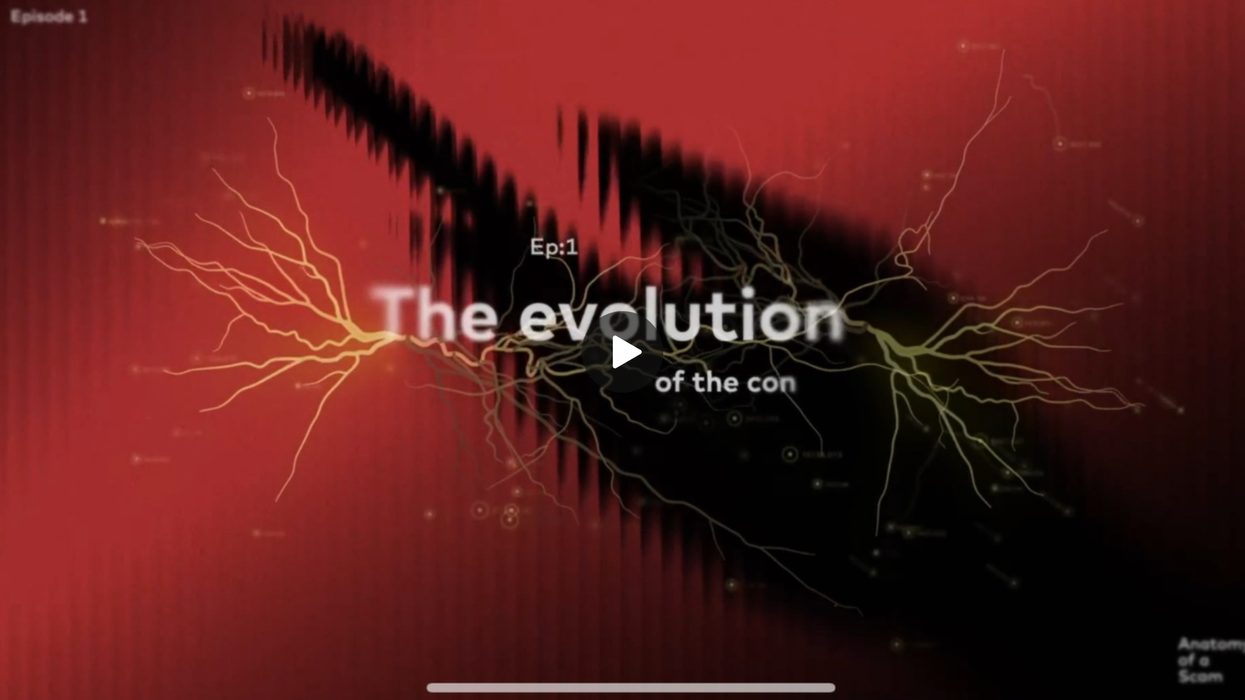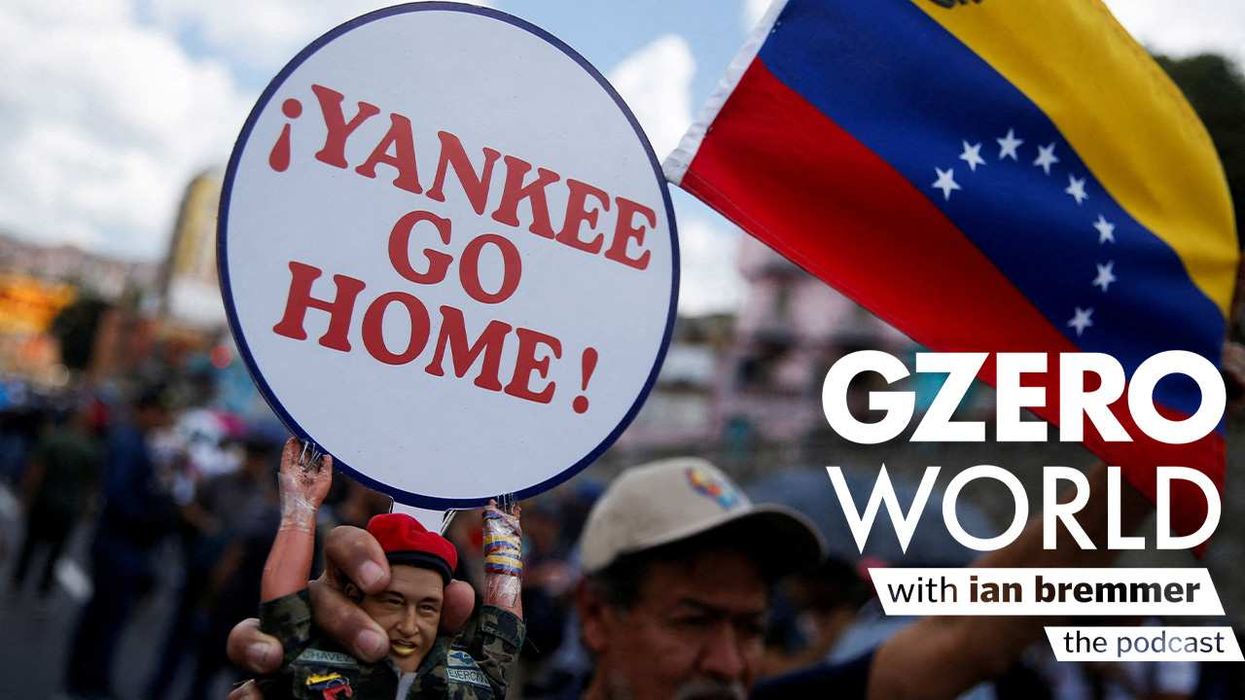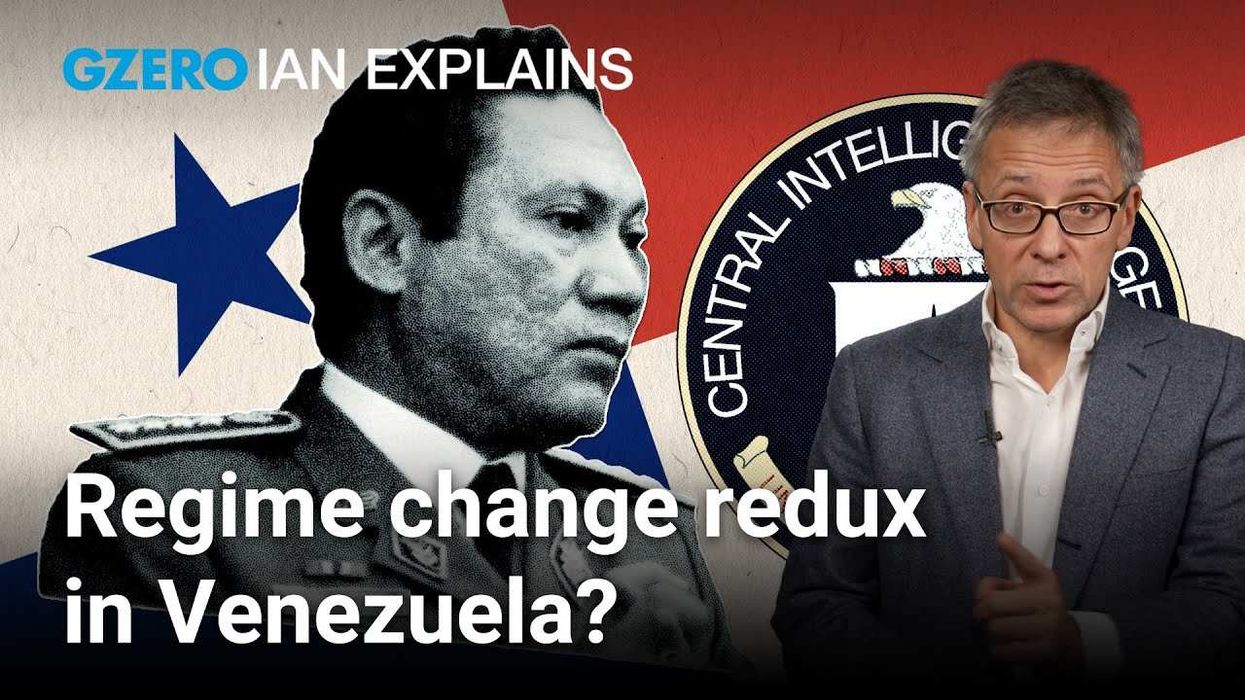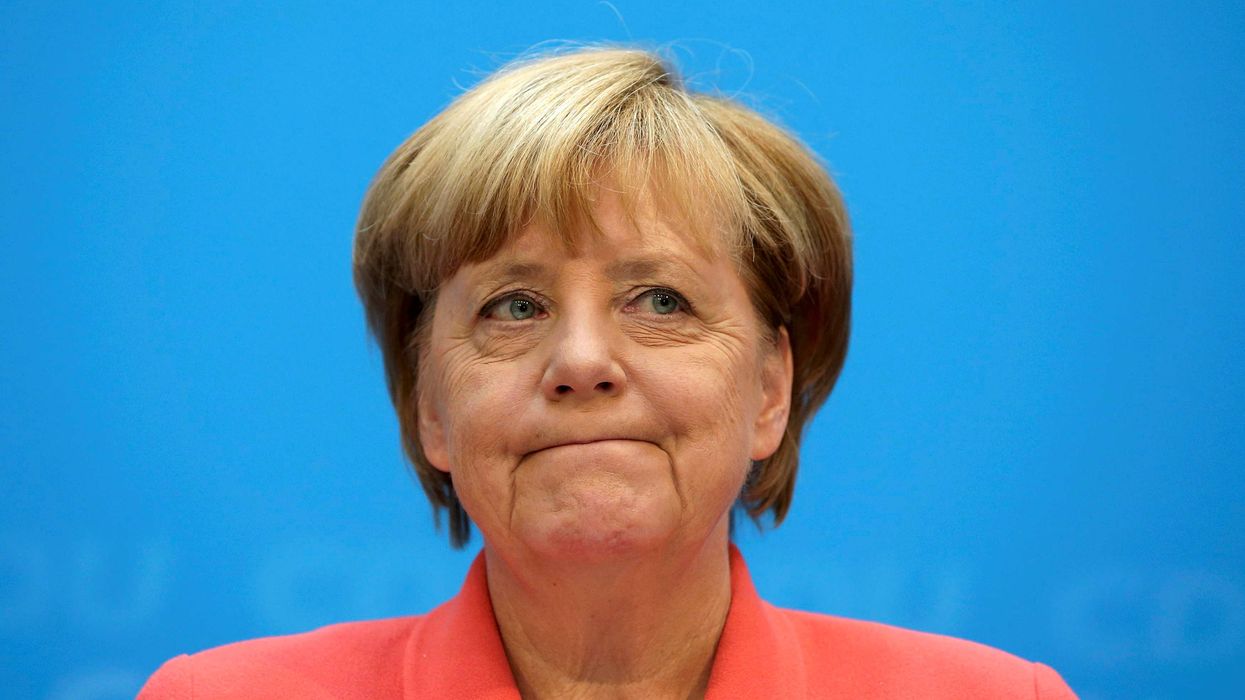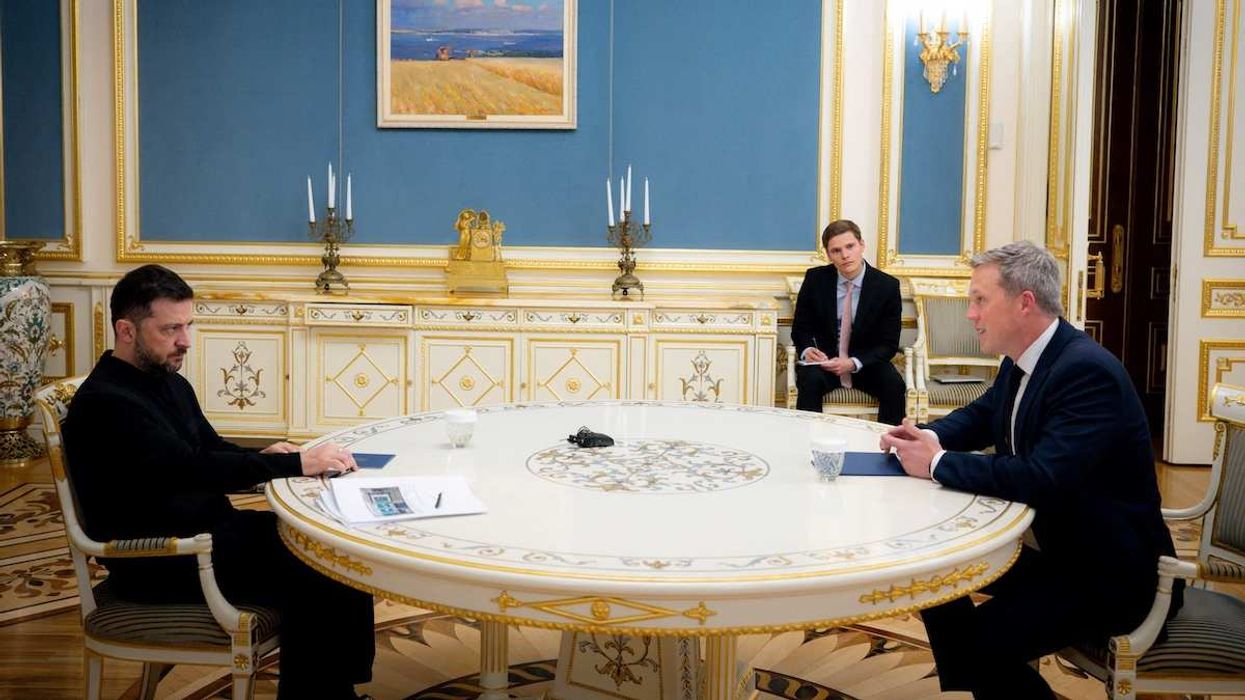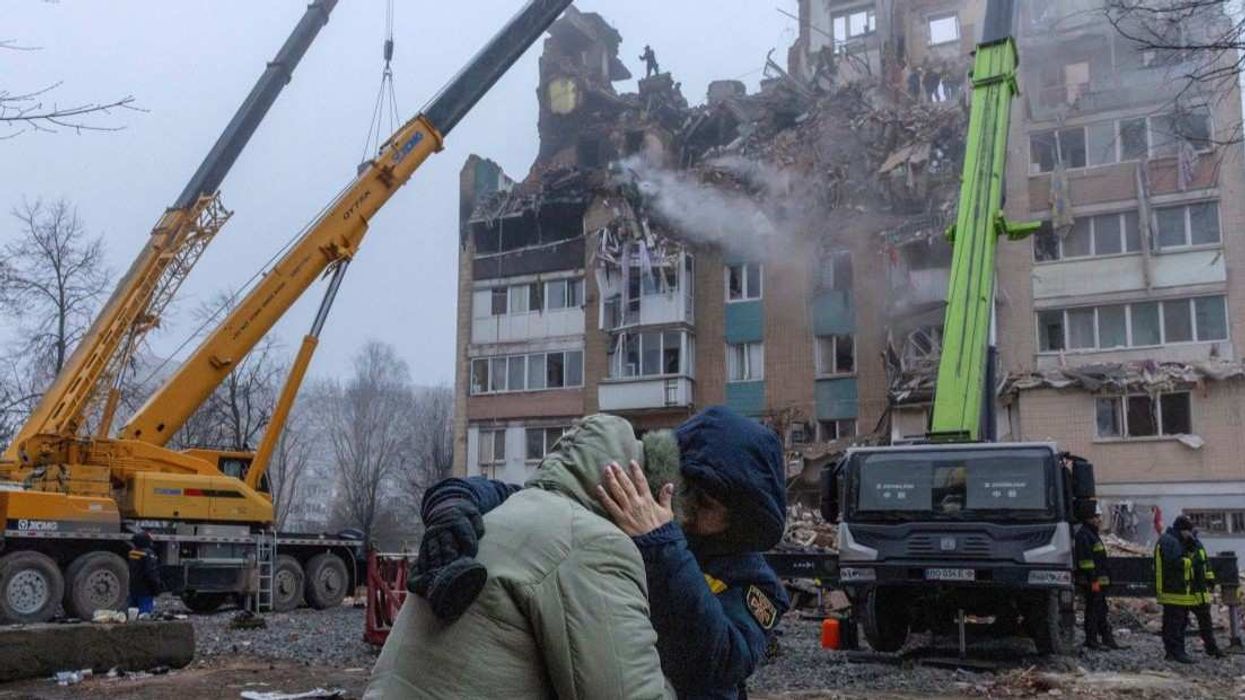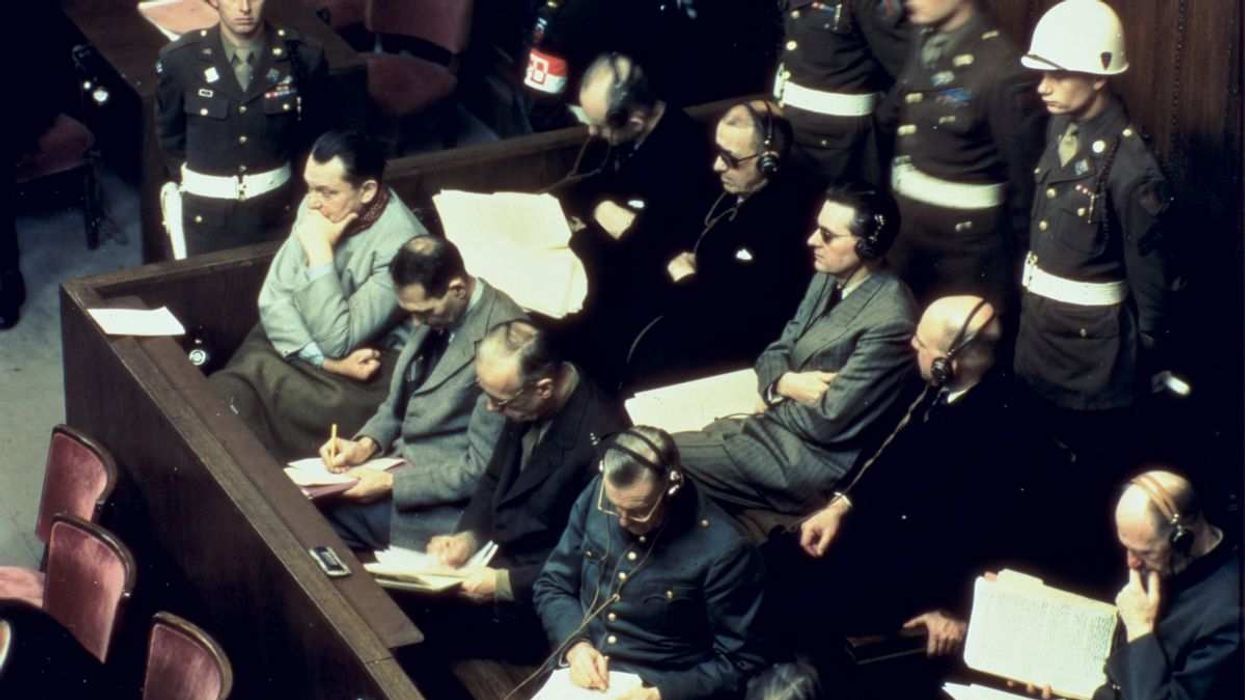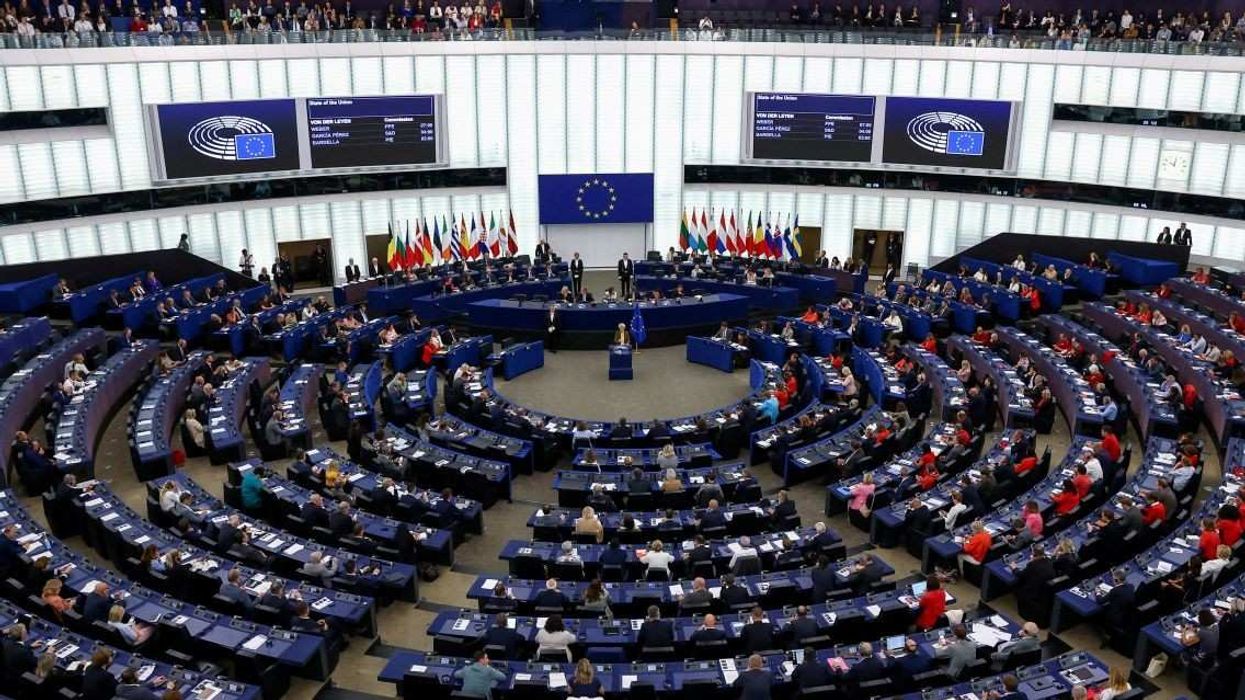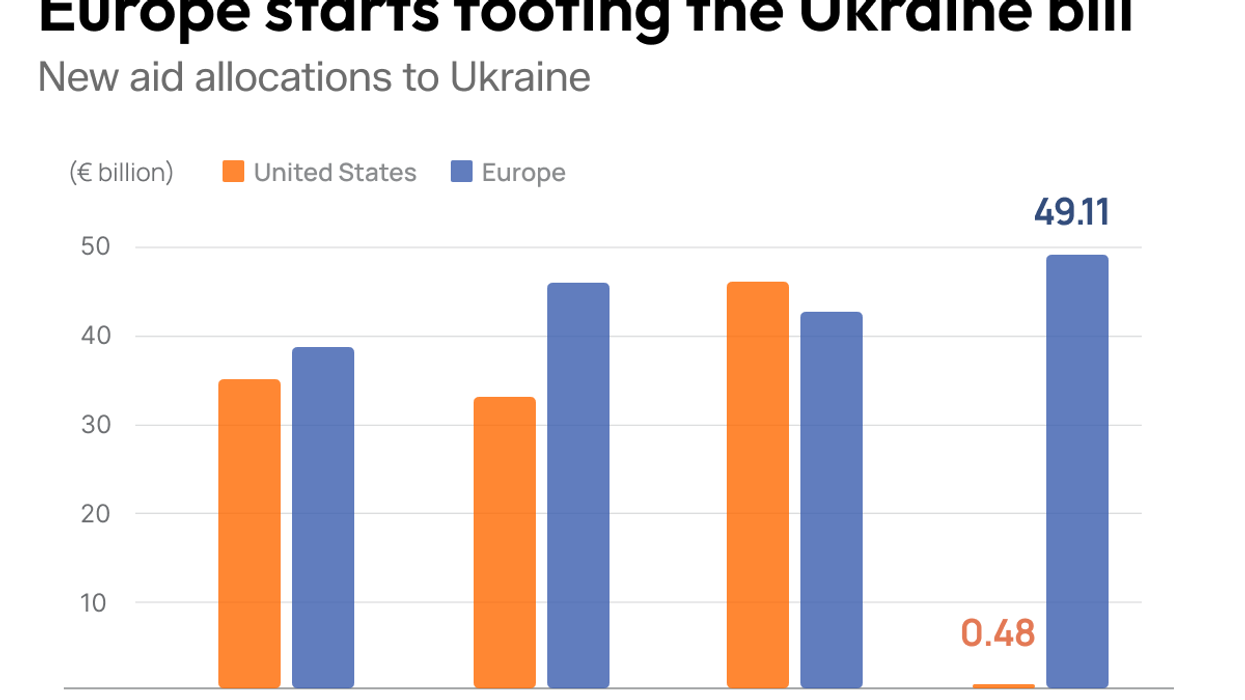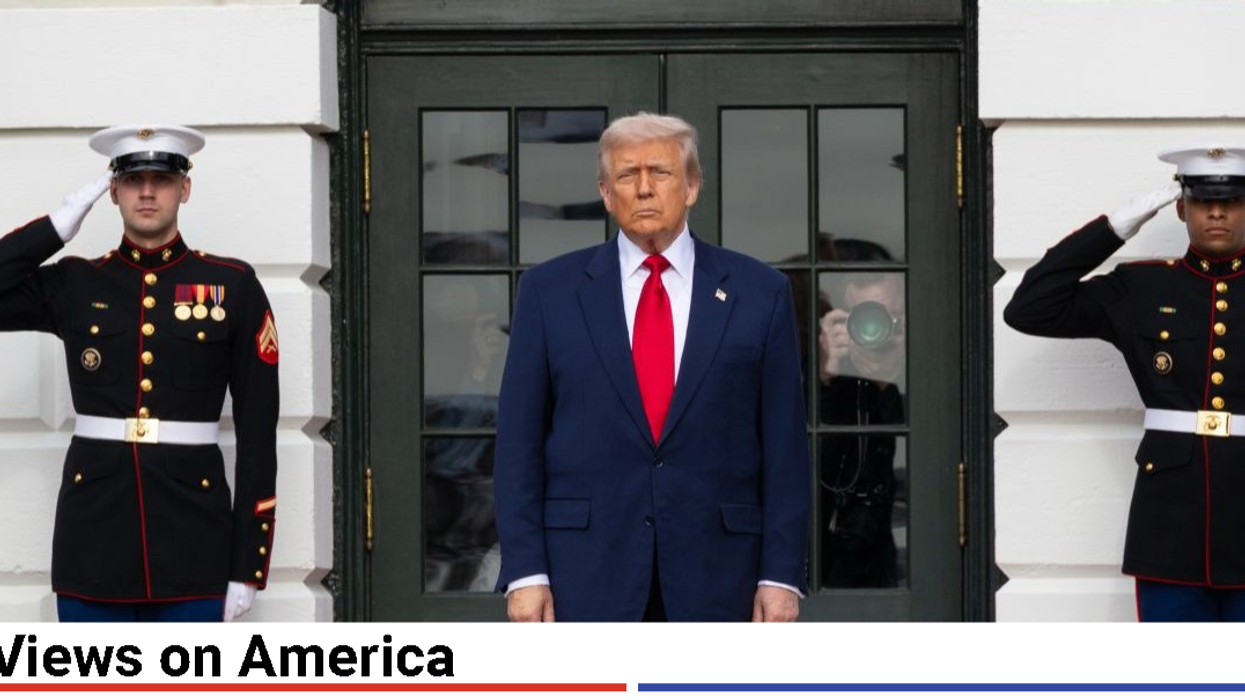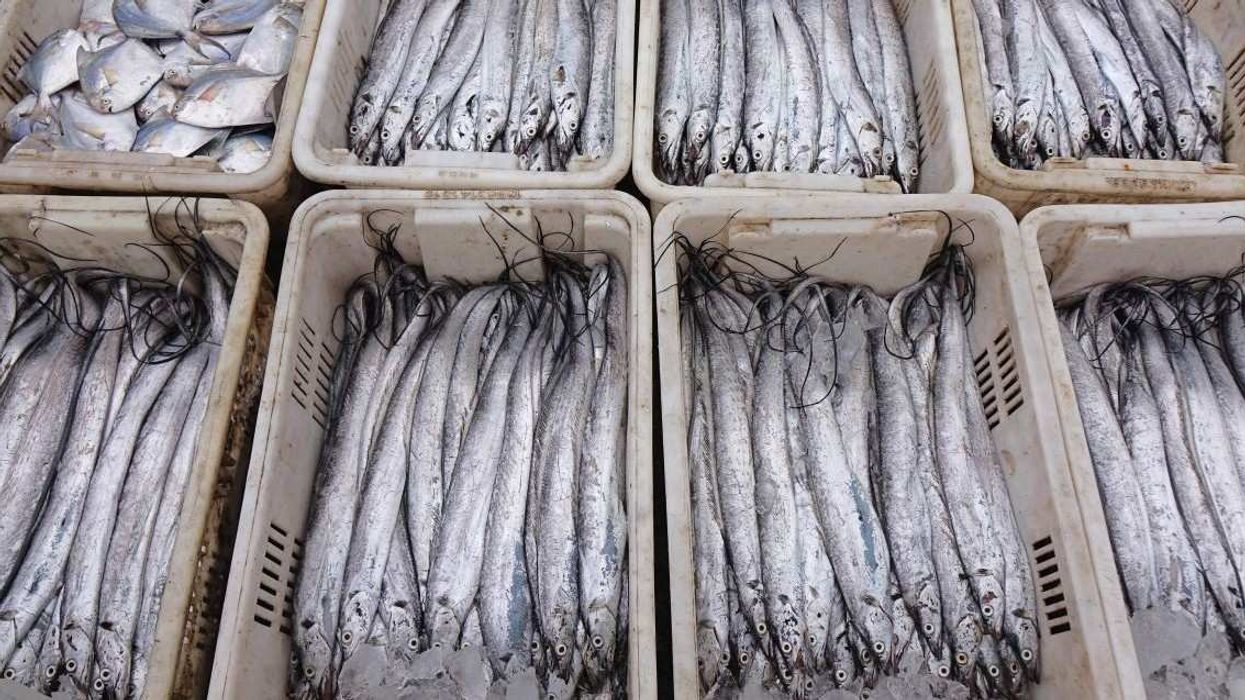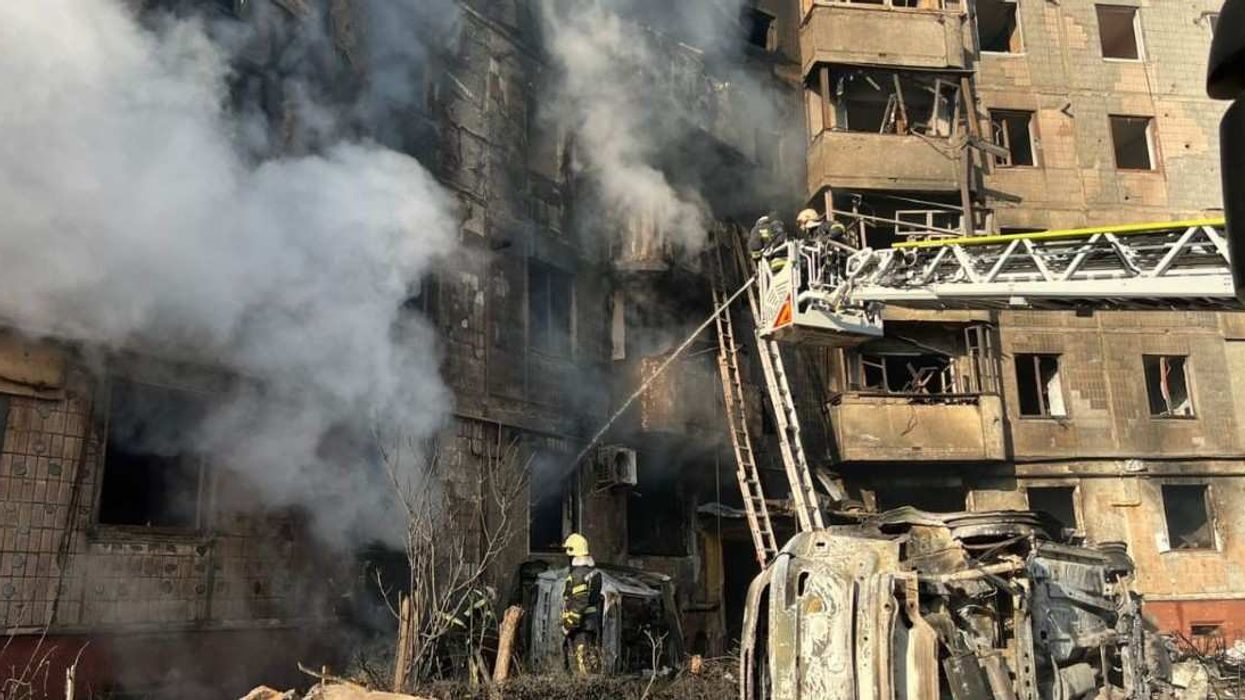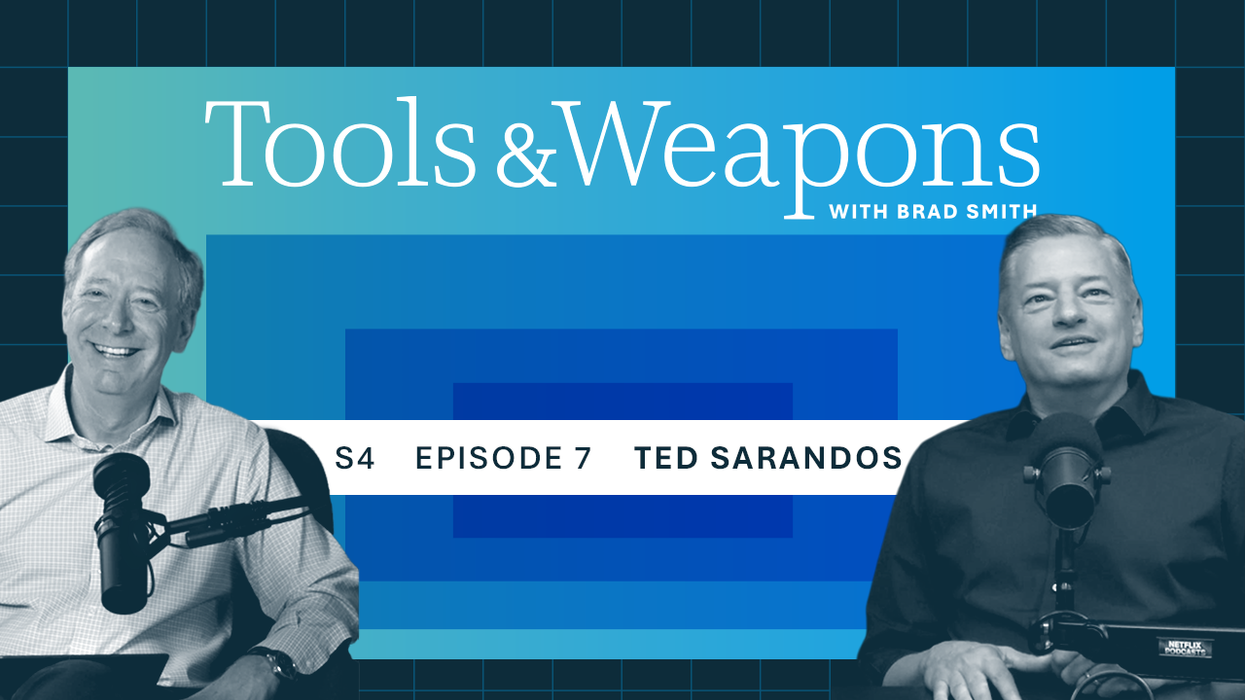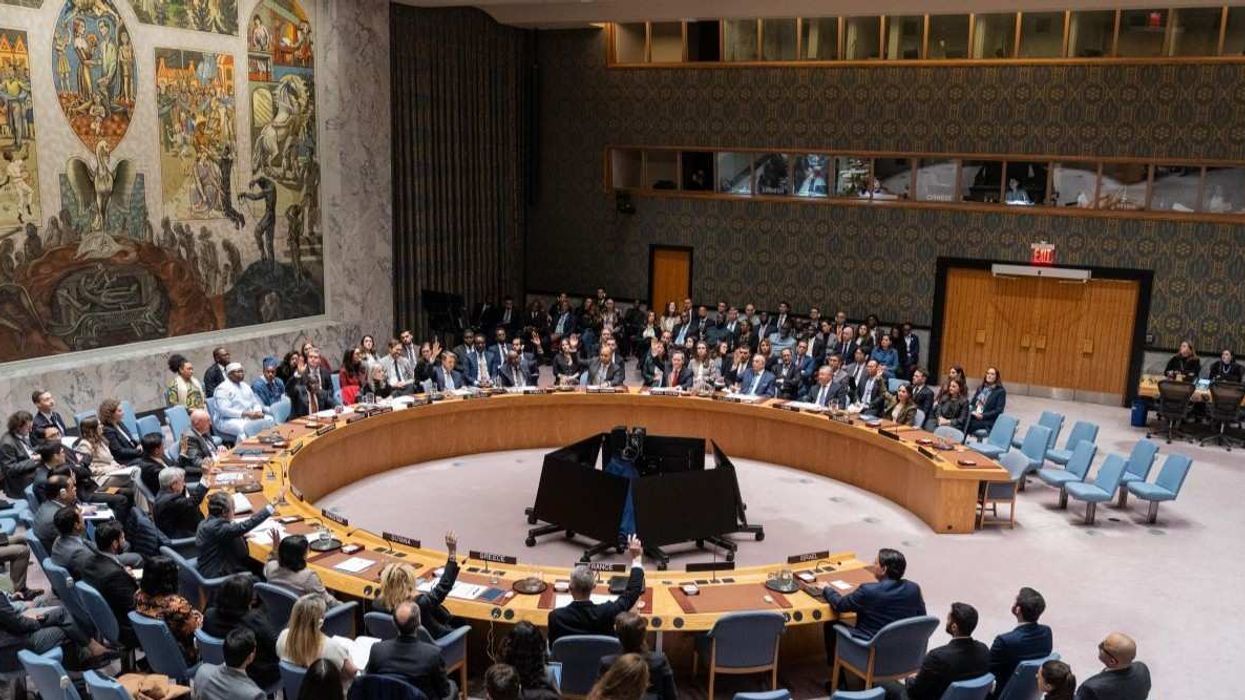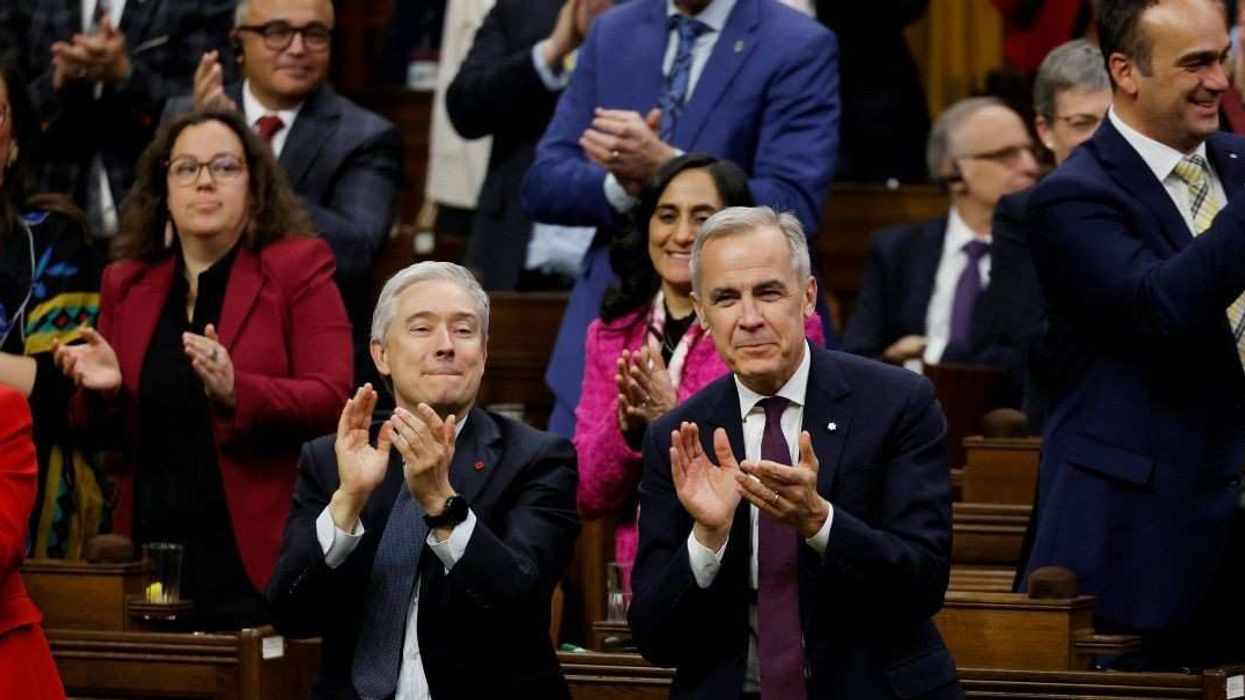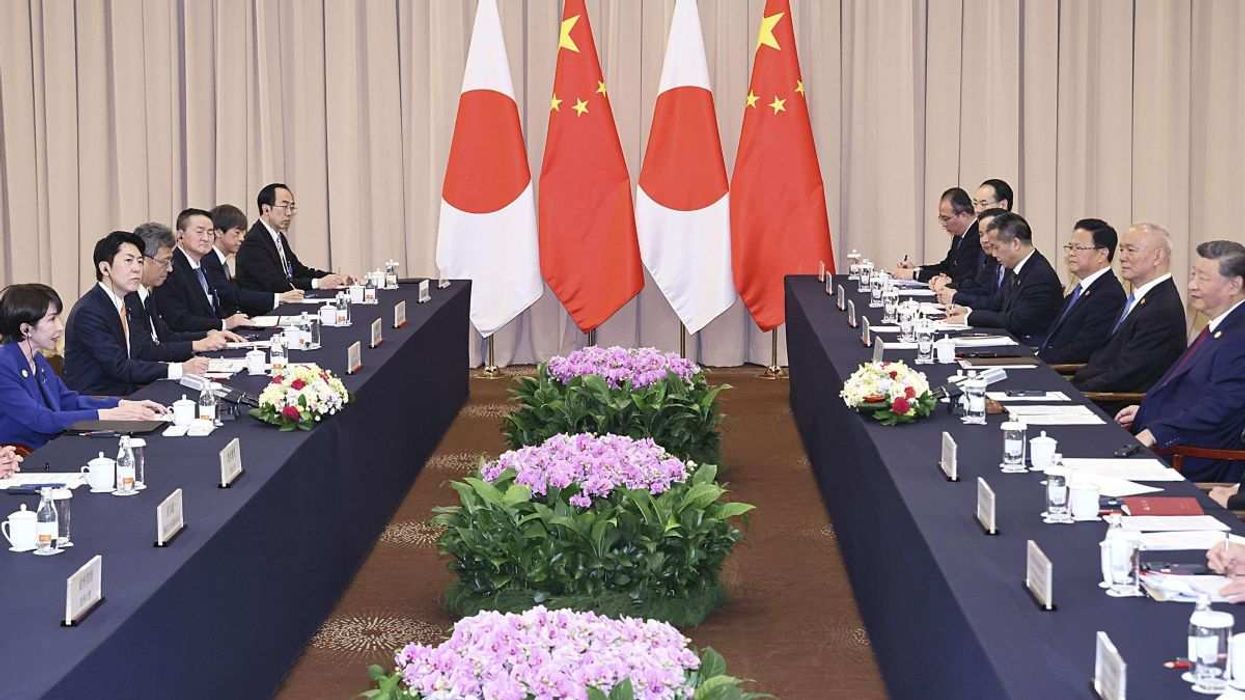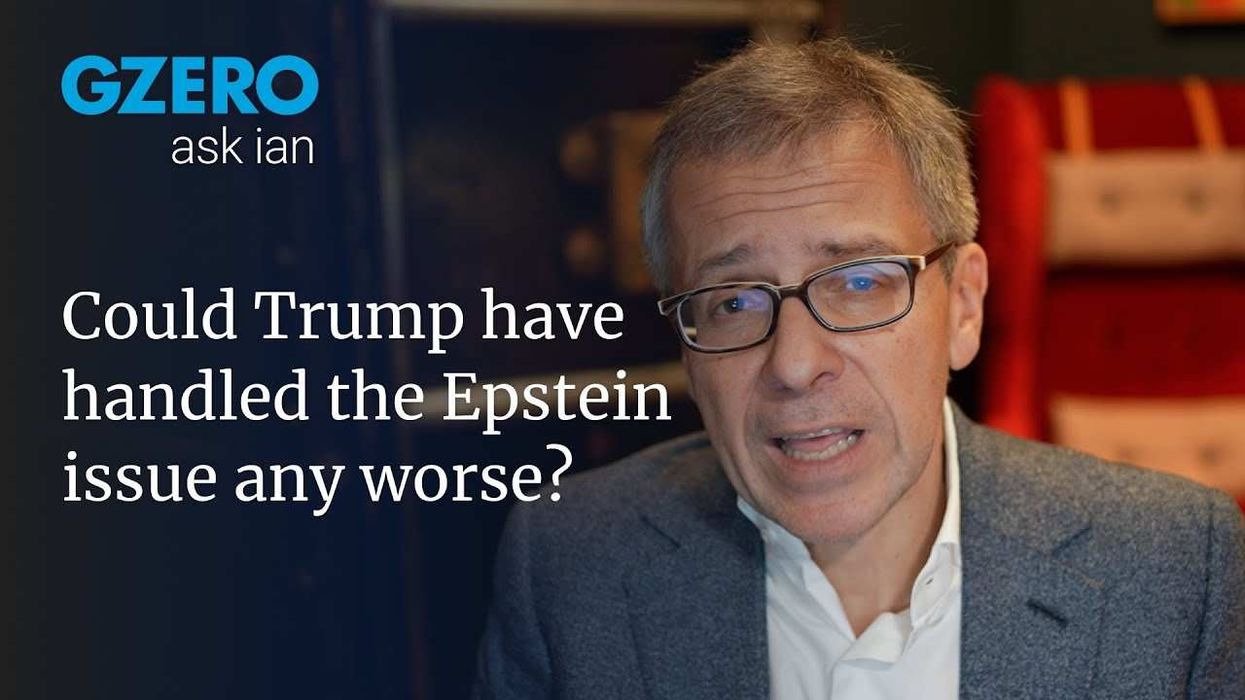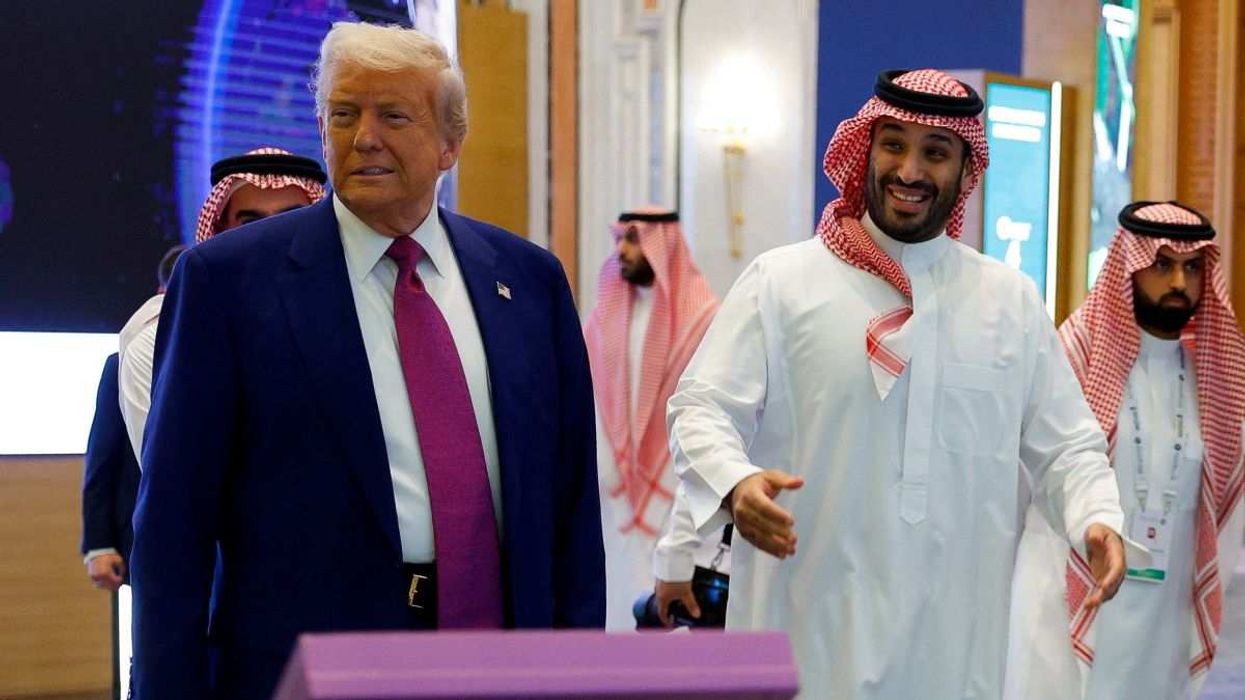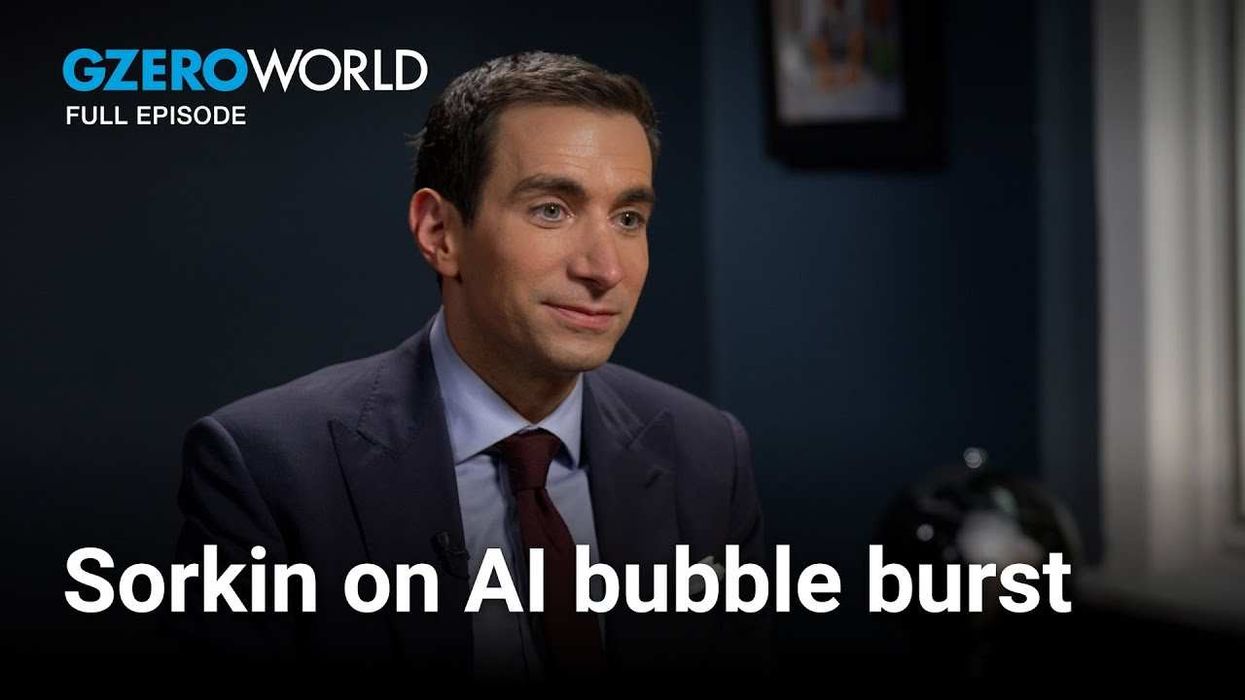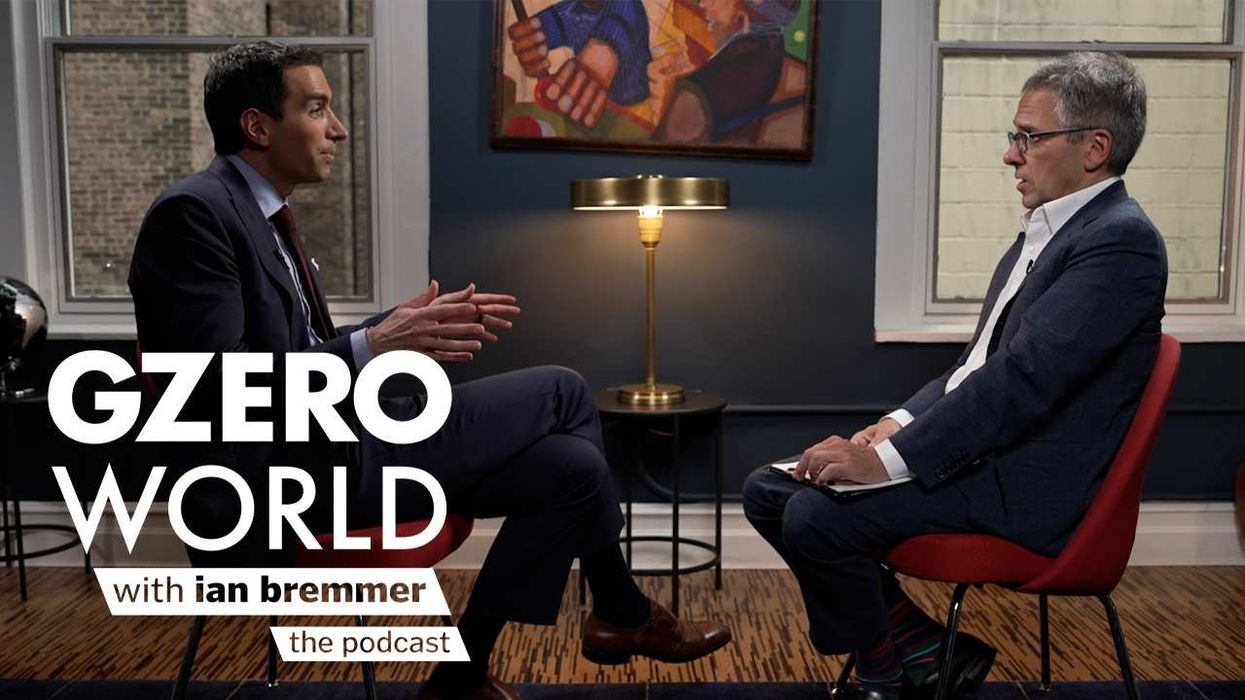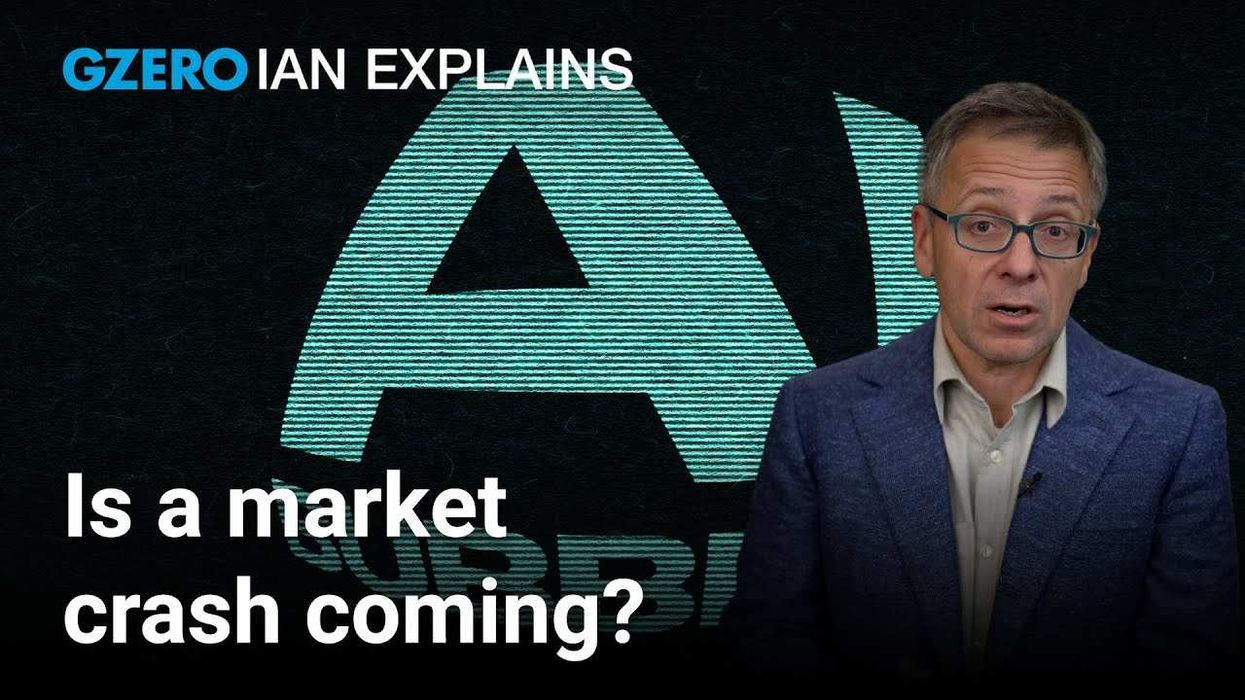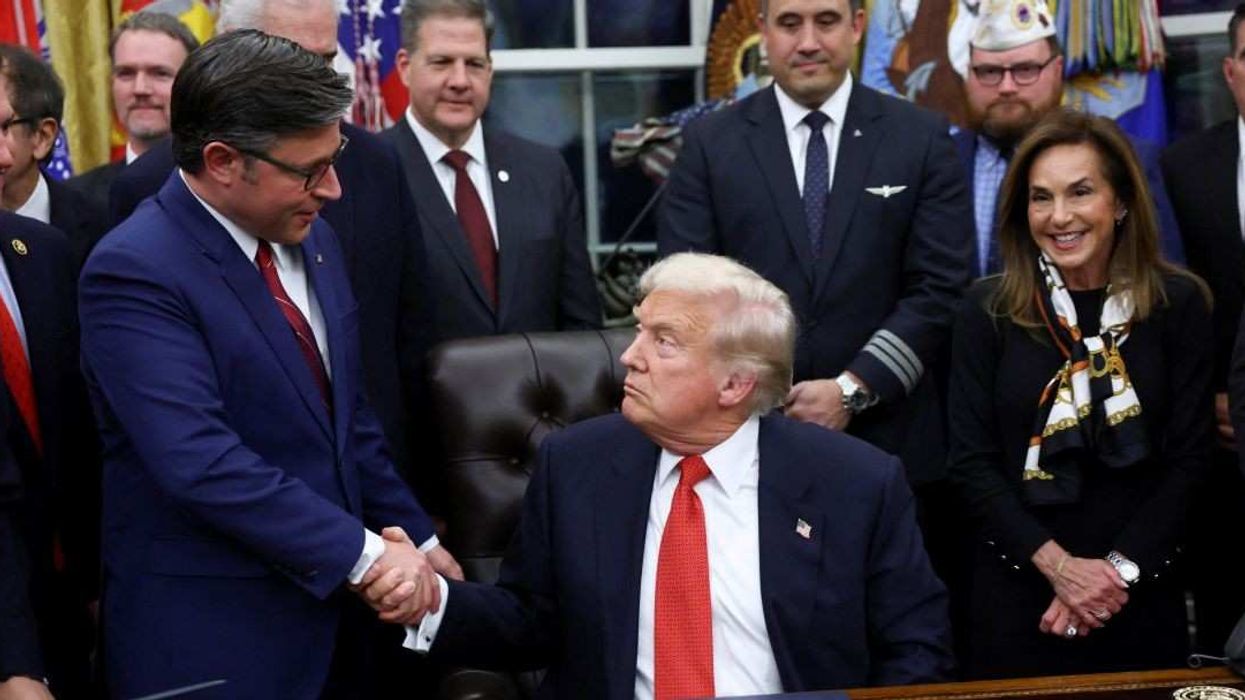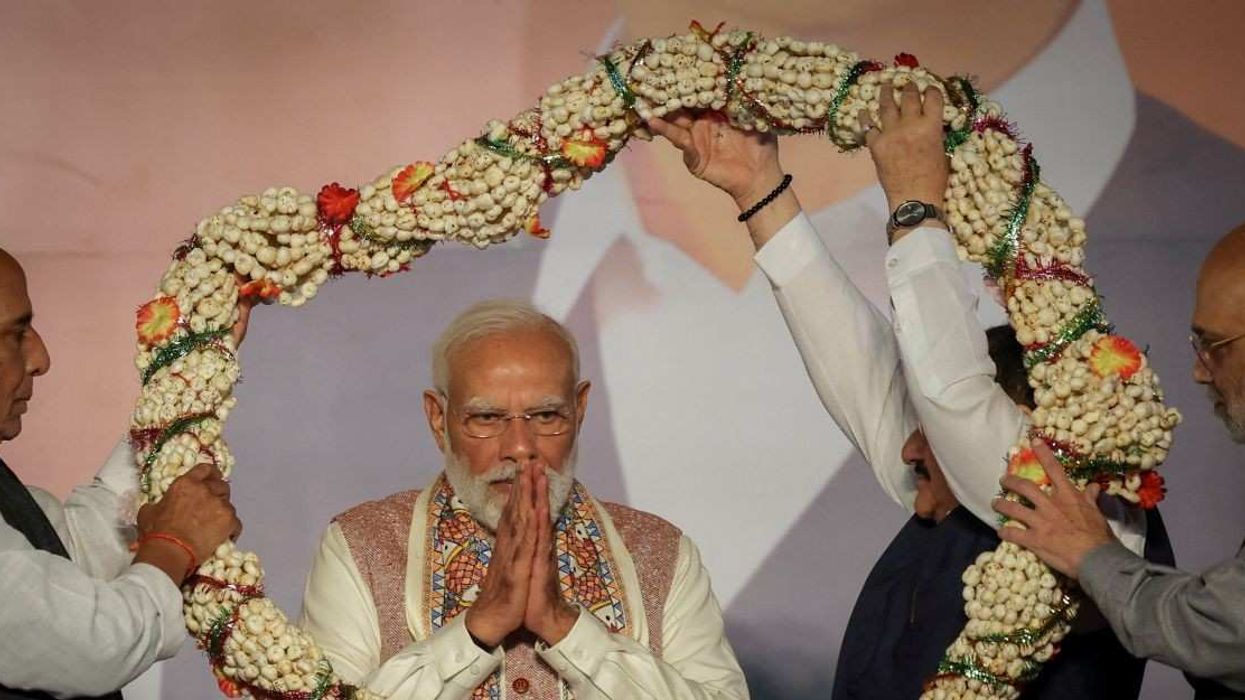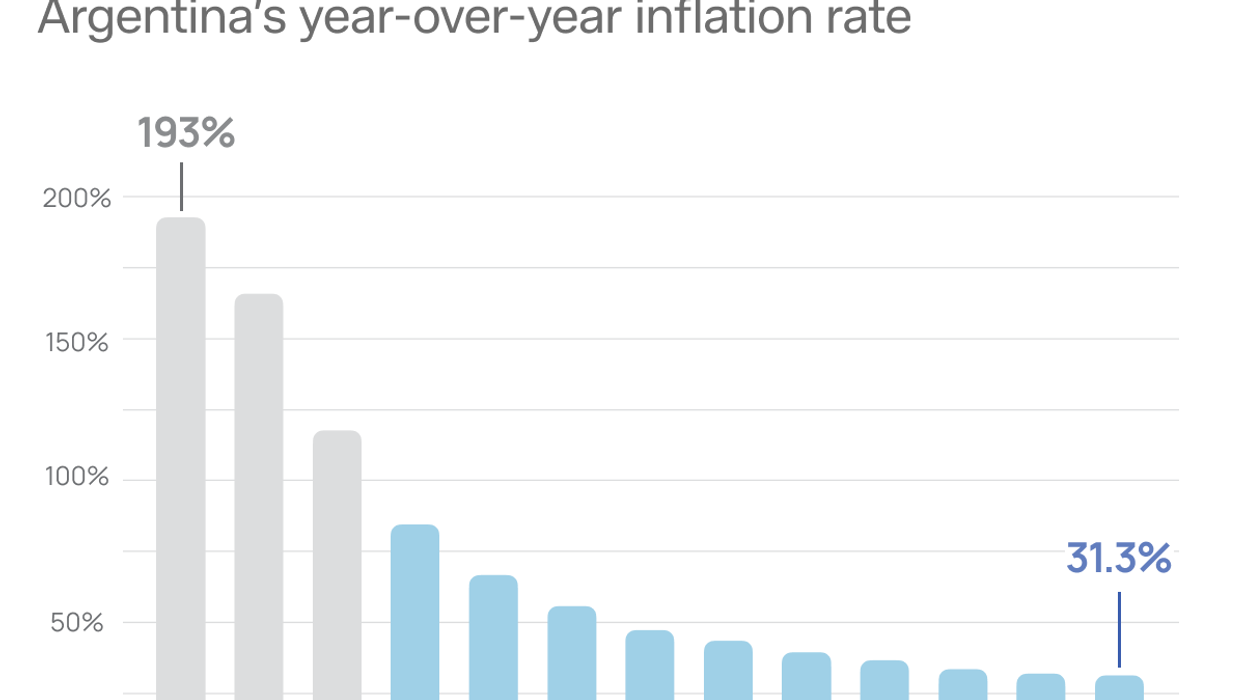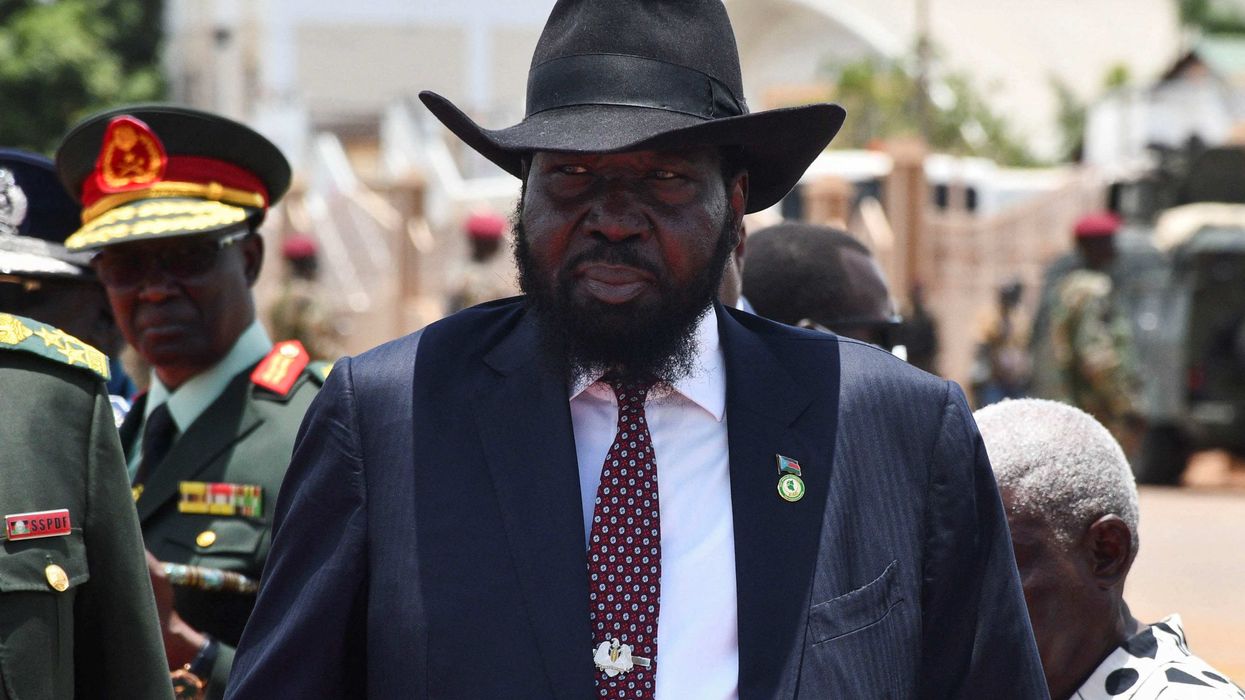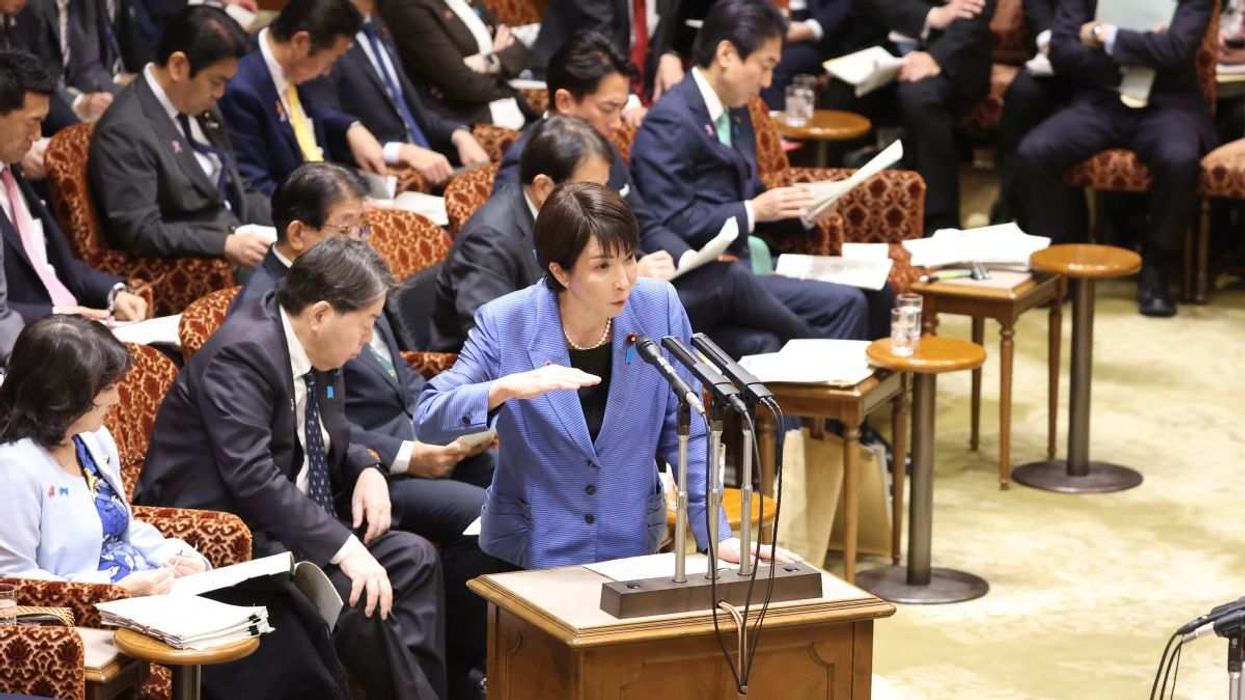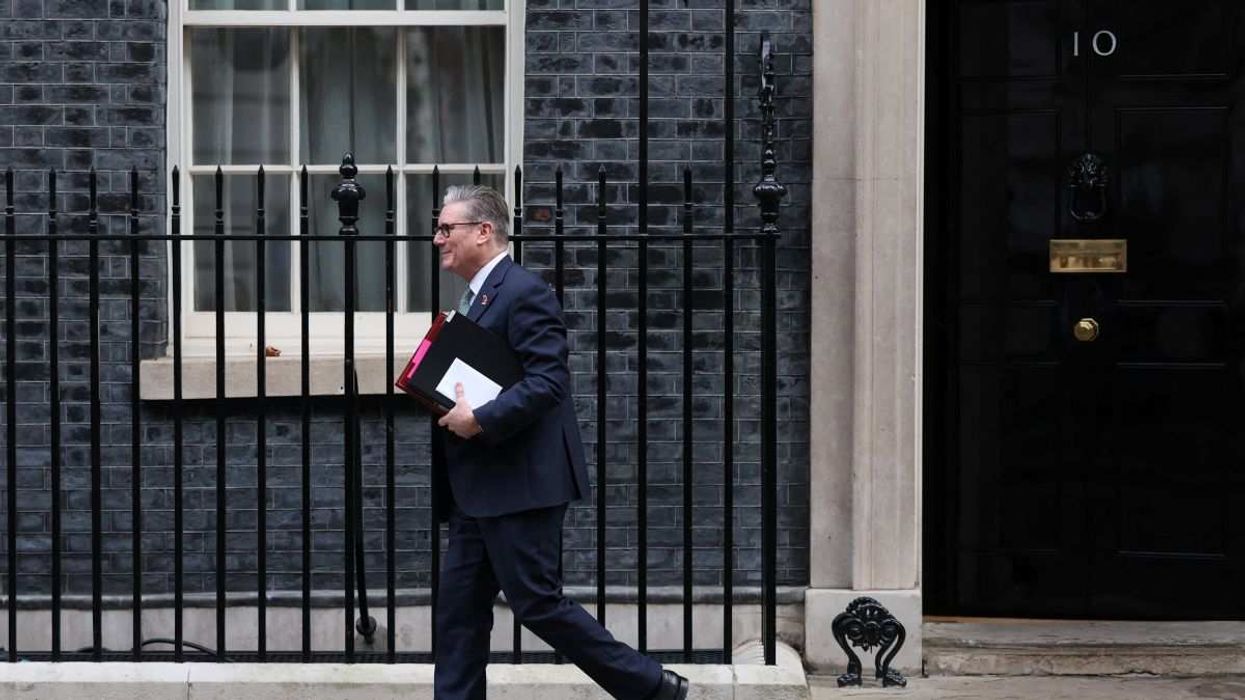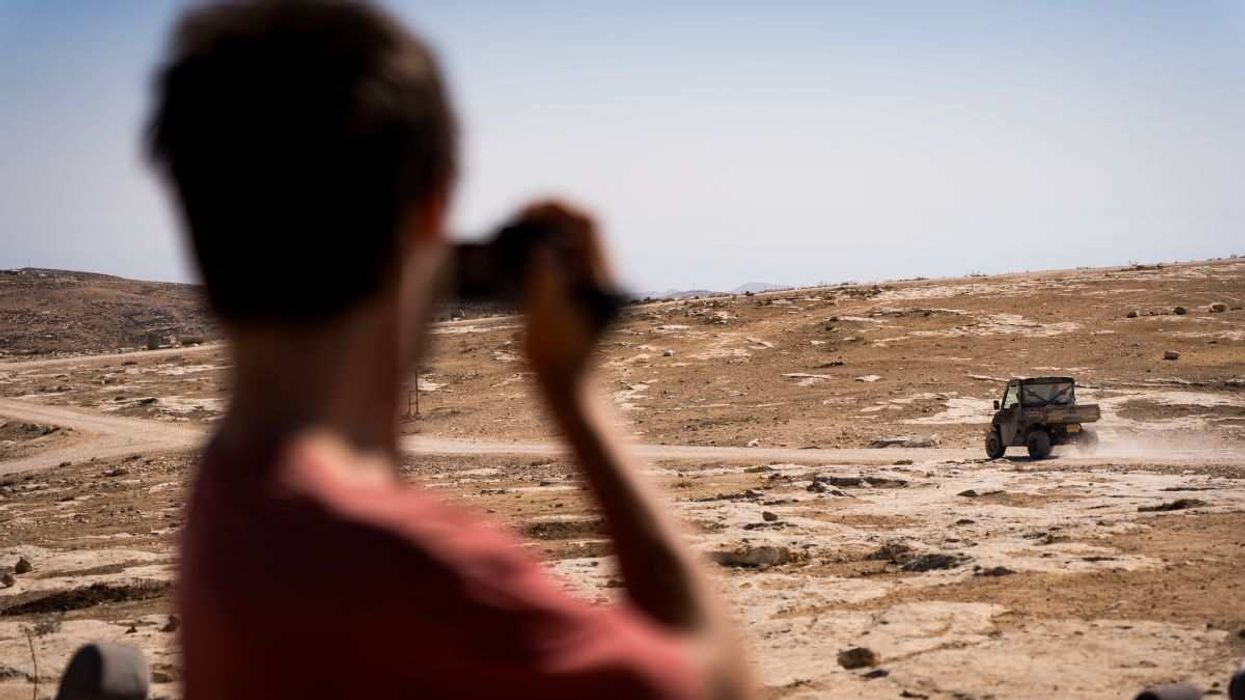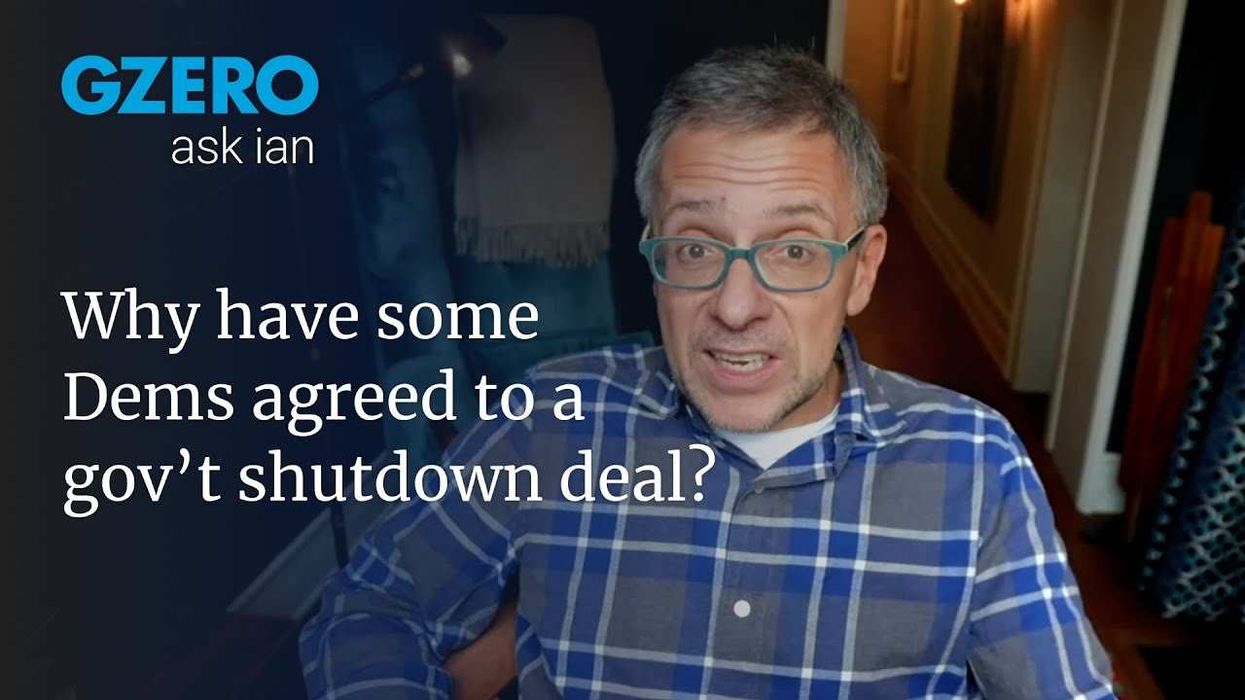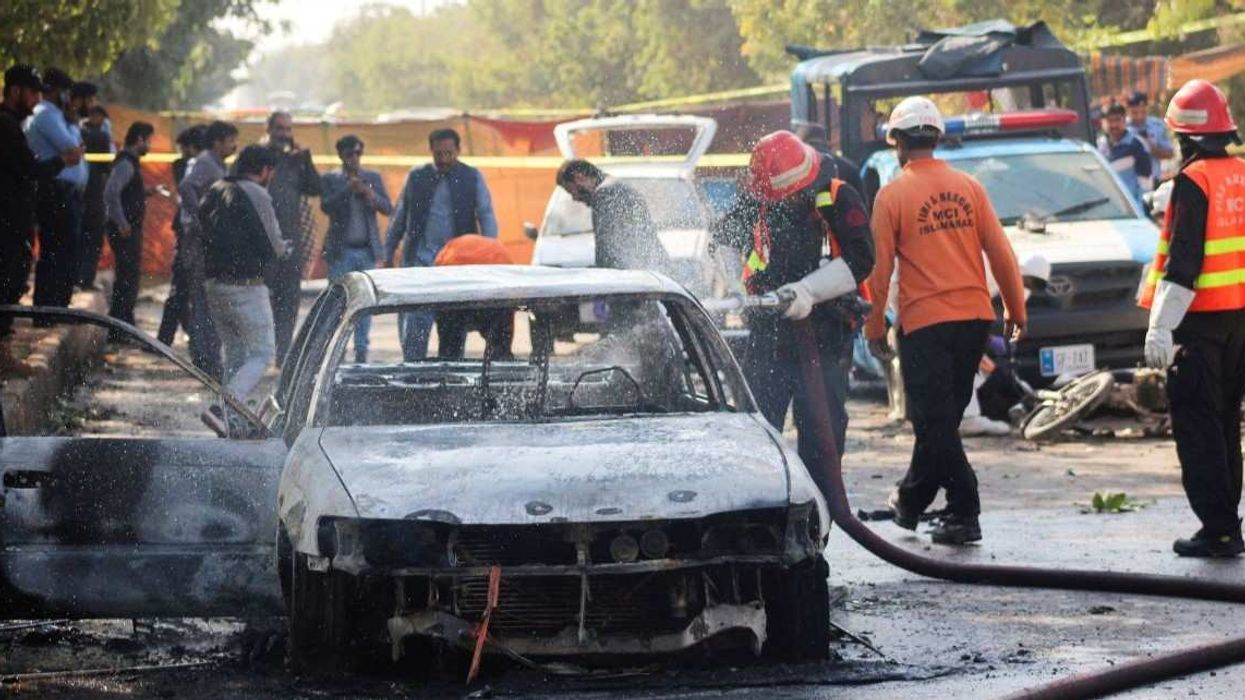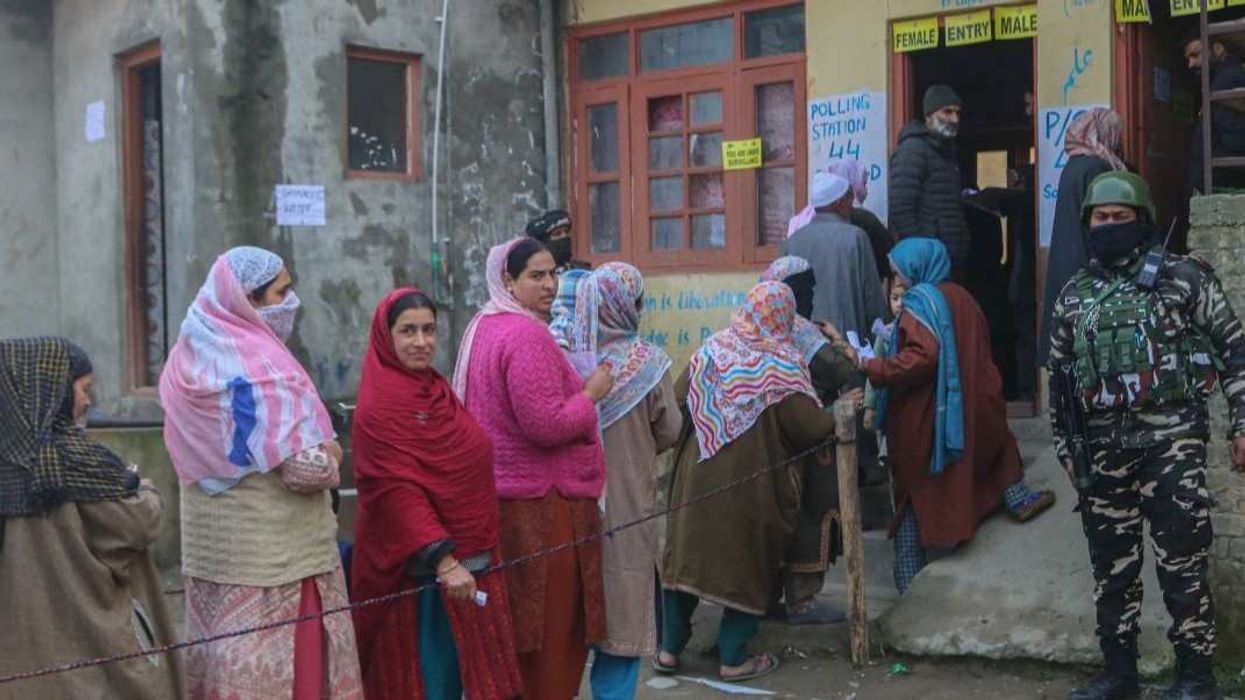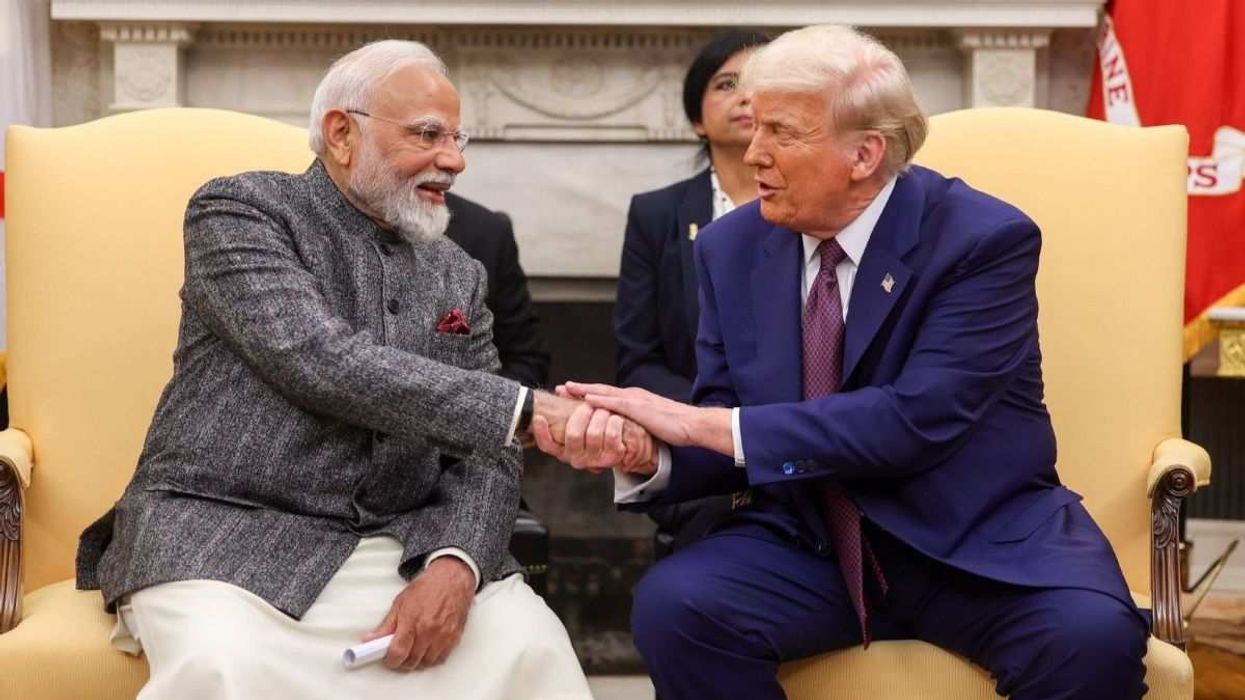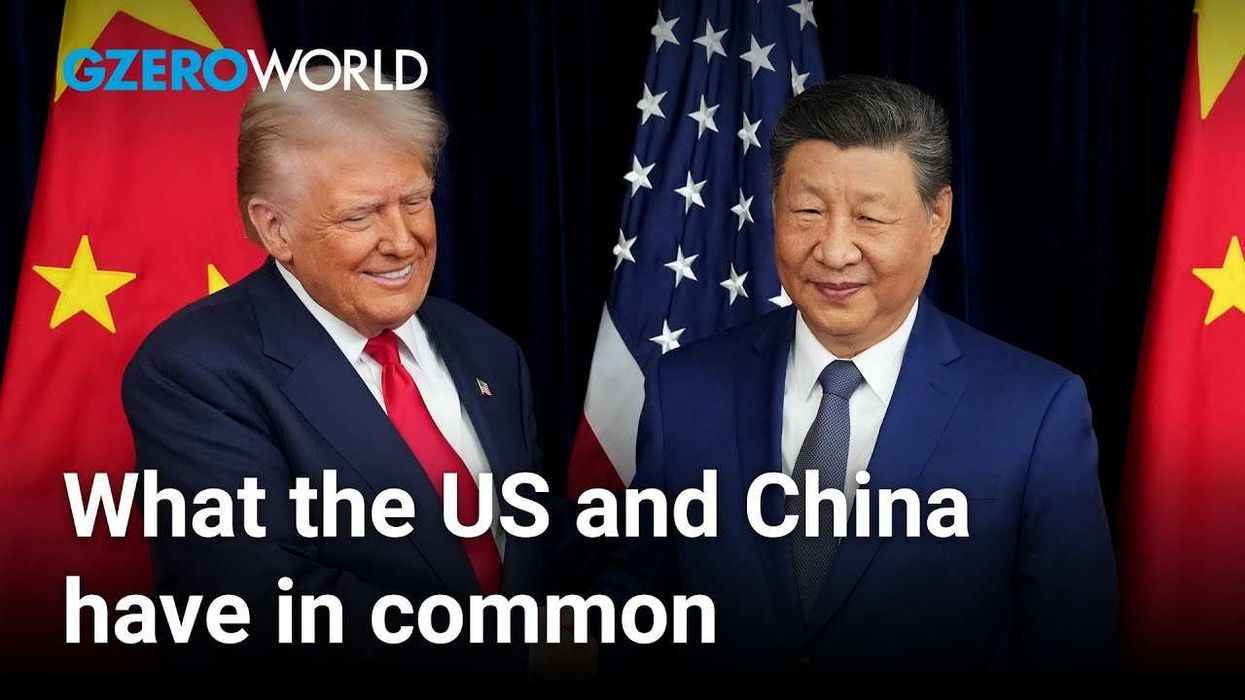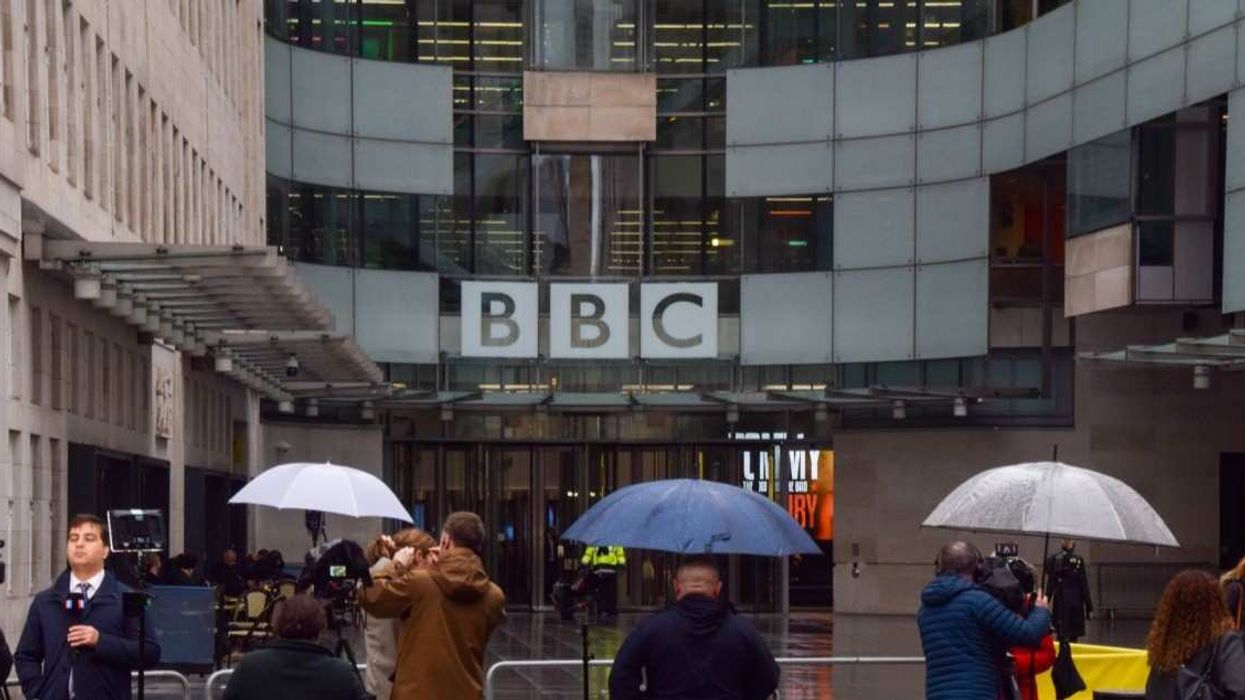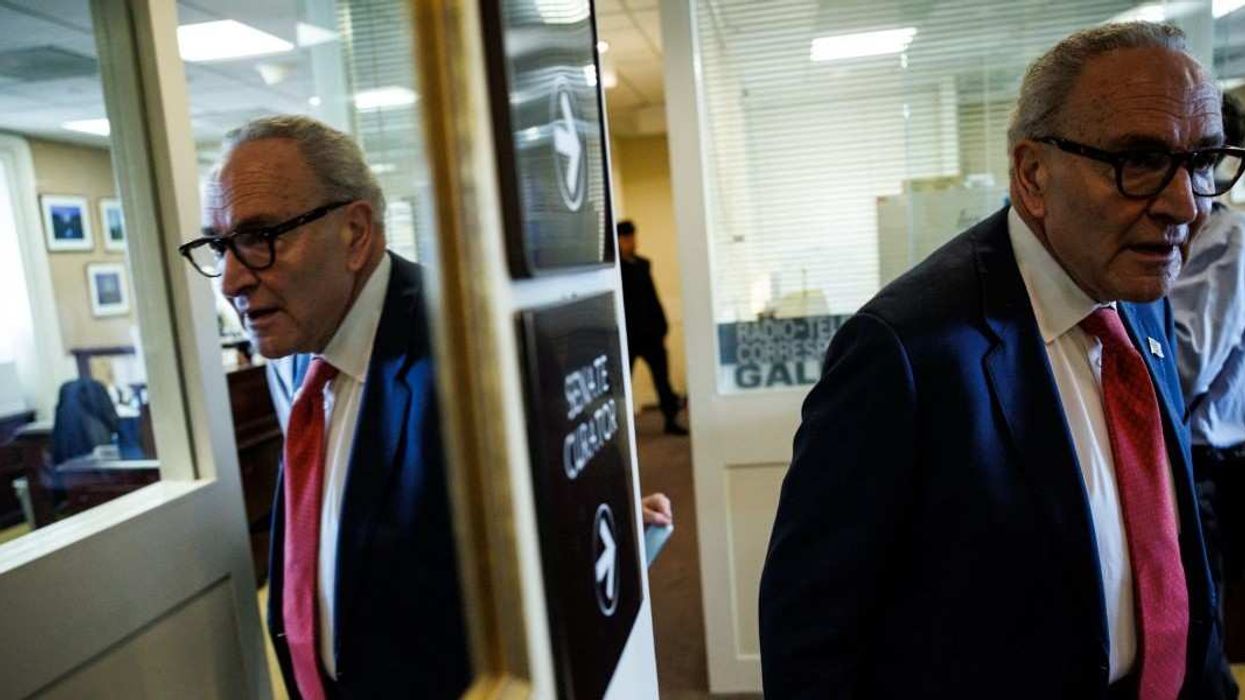VIDEOSGZERO World with Ian BremmerQuick TakePUPPET REGIMEIan ExplainsGZERO ReportsAsk IanGlobal Stage
Site Navigation
Search
Human content,
AI powered search.
Latest Stories
Start your day right!
Get latest updates and insights delivered to your inbox.
Middle East
GZERO news and analysis about the Middle East
Presented by
Holiday bonuses are almost here! Should you save or spend this year? It's Money in 60 Seconds with Sallie Krawcheck!And go deeper on topics like cybersecurity and artificial intelligence at Microsoft on The Issues.
More from Middle East
Walmart's $350 billion commitment to American jobs
December 03, 2025
Quick Take
Dec 02, 2025
What’s next for Zelensky?
December 02, 2025
ask ian
Dec 02, 2025
Tools and Weapons – In Conversation with Ed Policy
December 01, 2025
The kids are not alright
December 01, 2025
Puppet Regime
Nov 29, 2025
Turkeys reject Trump's pardon
November 26, 2025
Graphic Truth: Turkey is cheaper, but inflation still gobbles
November 26, 2025
Five stories to be thankful for
November 26, 2025
Bolsonaro reacts as Trump scraps Brazil tariffs
November 25, 2025
Pakistan slides deeper into autocracy
November 25, 2025
Is Trump’s trade strategy backfiring abroad?
November 25, 2025
Toppling Maduro would be "the easy part" says former Ambassador
November 25, 2025
Tools and Weapons – In Conversation with Ed Policy
November 24, 2025
Europe divided as US pushes Ukraine-Russia peace deal
November 24, 2025
Japan-China spat over Taiwan escalates
November 24, 2025
Anatomy of a Scam
November 24, 2025
GZERO World with Ian Bremmer
Nov 24, 2025
Gaming out a US-Venezuela war with ambassador James Story
November 22, 2025
Trump, Zelensky, and Putin discuss Ukraine peace deal
November 21, 2025
Ian stands in line for a bagel, the internet melts down
November 21, 2025
Ian Explains
Nov 21, 2025
20 years after Merkel, men still hold most top offices
November 21, 2025
You vs. the News: A Weekly News Quiz
November 21, 2025
Three issues dividing the EU right now
November 20, 2025
Tap and go: The future of urban mobility
November 20, 2025
Trump’s risky Venezuela strategy, explained
November 19, 2025
Graphic Truth: Europe tries to fill US void in Ukraine funding
November 19, 2025
The AI economy takes shape
November 19, 2025
A Trump Doctrine of heavy footsteps and many levers
November 19, 2025
GZERO Europe
Nov 19, 2025
Putin wants Trump to DO IT
November 18, 2025
The Debrief
Nov 18, 2025
Tools and Weapons – In Conversation with Ted Sarandos
November 18, 2025
Walmart's $350 billion commitment to American jobs
November 18, 2025
Canada’s government survives budget vote
November 18, 2025
Sorkin: A financial crisis is coming and CEOs are scared to speak out
November 18, 2025
Could Trump have handled the Epstein issue any worse?
November 17, 2025
The Saudi crown prince returns to Washington
November 17, 2025
Anatomy of a Scam
November 17, 2025
Will "AI euphoria" crash the markets?
November 17, 2025
Andrew Ross Sorkin says the next financial crisis is coming
November 15, 2025
Is the AI bubble about to burst?
November 14, 2025
You vs. the News: A Weekly News Quiz - November 14, 2025
November 14, 2025
After a season of upheavals, Chile goes back to the polls
November 14, 2025
Graphic Truth: Inflation plunges in Argentina
November 13, 2025
Viewpoint: When Chinese robots replace service jobs
November 13, 2025
GZERO Reports
Nov 13, 2025
Calm down about Zohran Mamdani
November 12, 2025
Lights out in Ukraine, prices up in Europe
November 12, 2025
What’s Good Wednesdays™, November 12, 2025
November 12, 2025
Profits hold while hiring slows
November 12, 2025
Walmart's $350 billion commitment to American jobs
November 12, 2025
Democrats divided over government shutdown deal
November 11, 2025
Microsoft’s $15.2 billion USD investment in the UAE
November 11, 2025
Democrats vote with Republicans: Spineless or Machiavellian?
November 11, 2025
Is a US-India détente near?
November 11, 2025
The surprising similarities between China and the US
November 11, 2025
Trump escalates sanctions against Russia
November 10, 2025
GZERO Series
GZERO Daily: our free newsletter about global politics
Keep up with what’s going on around the world - and why it matters.
